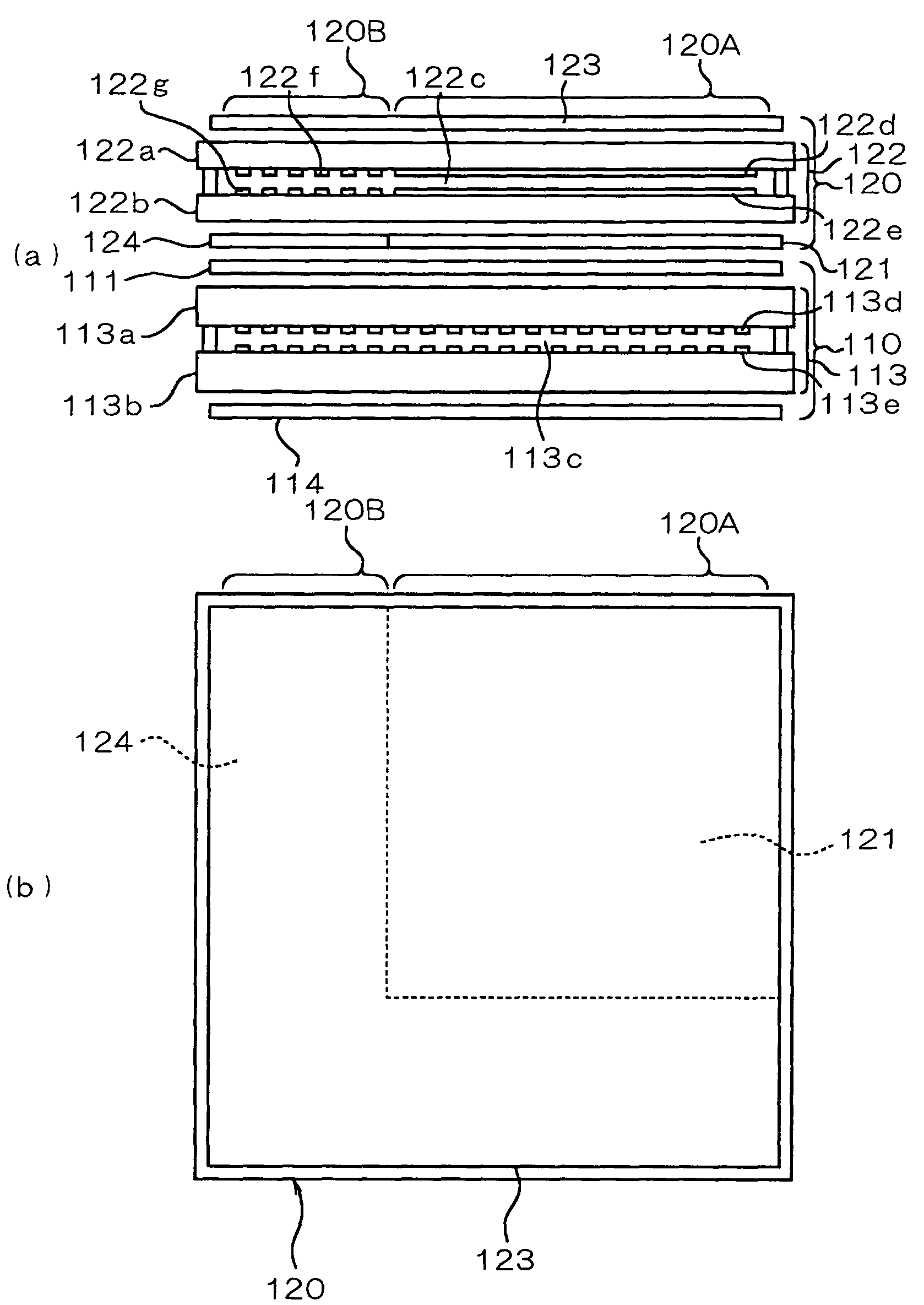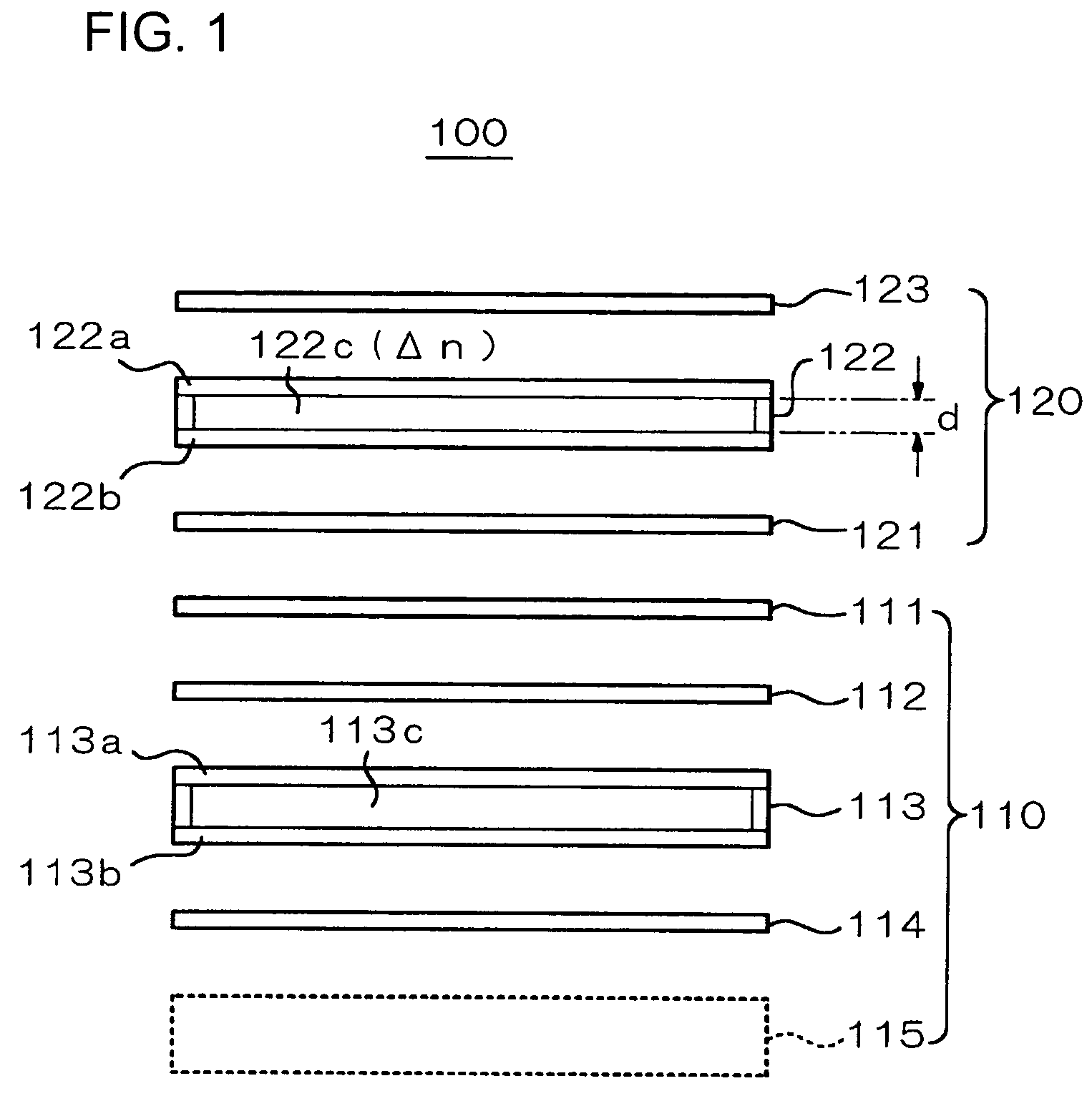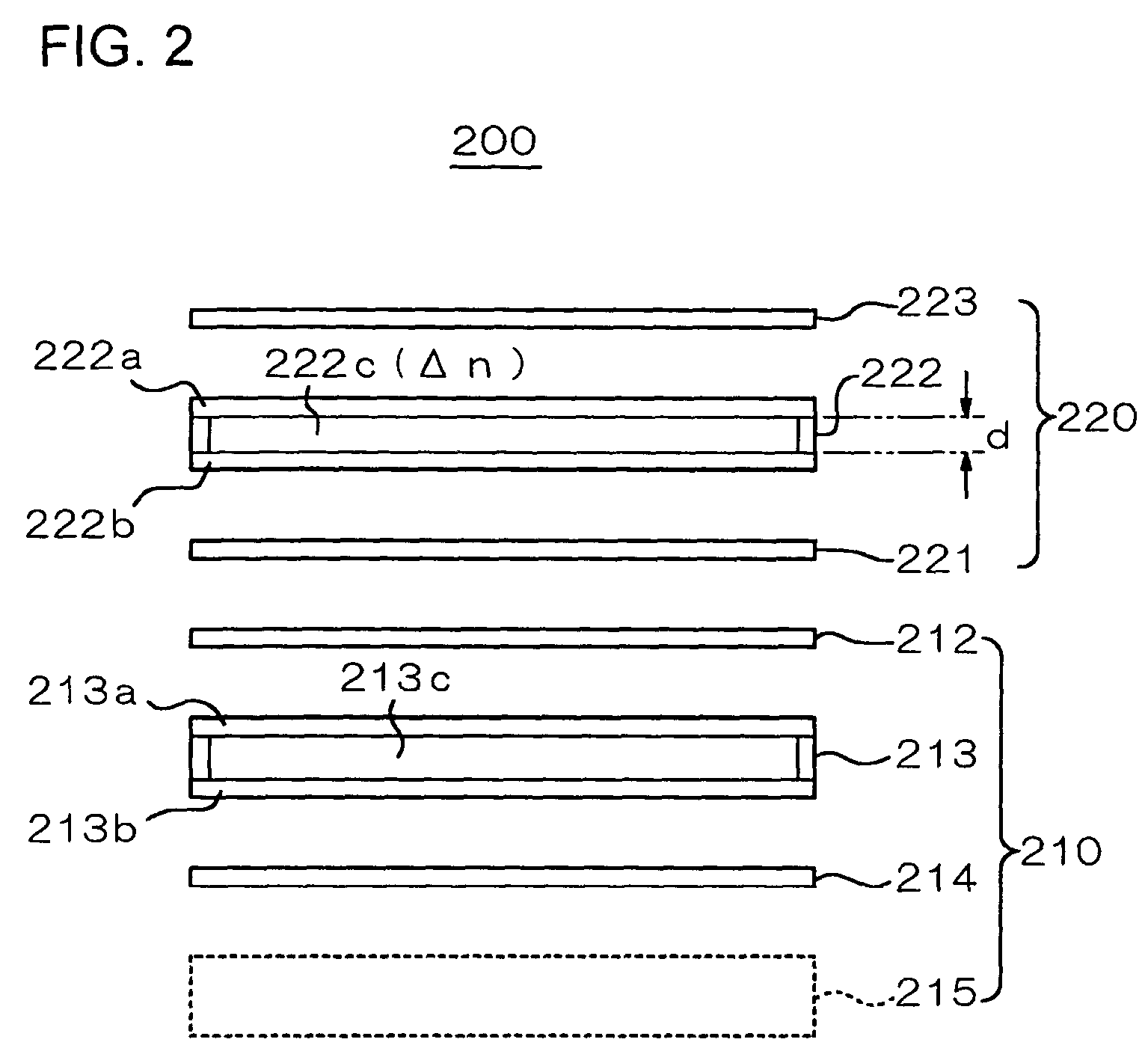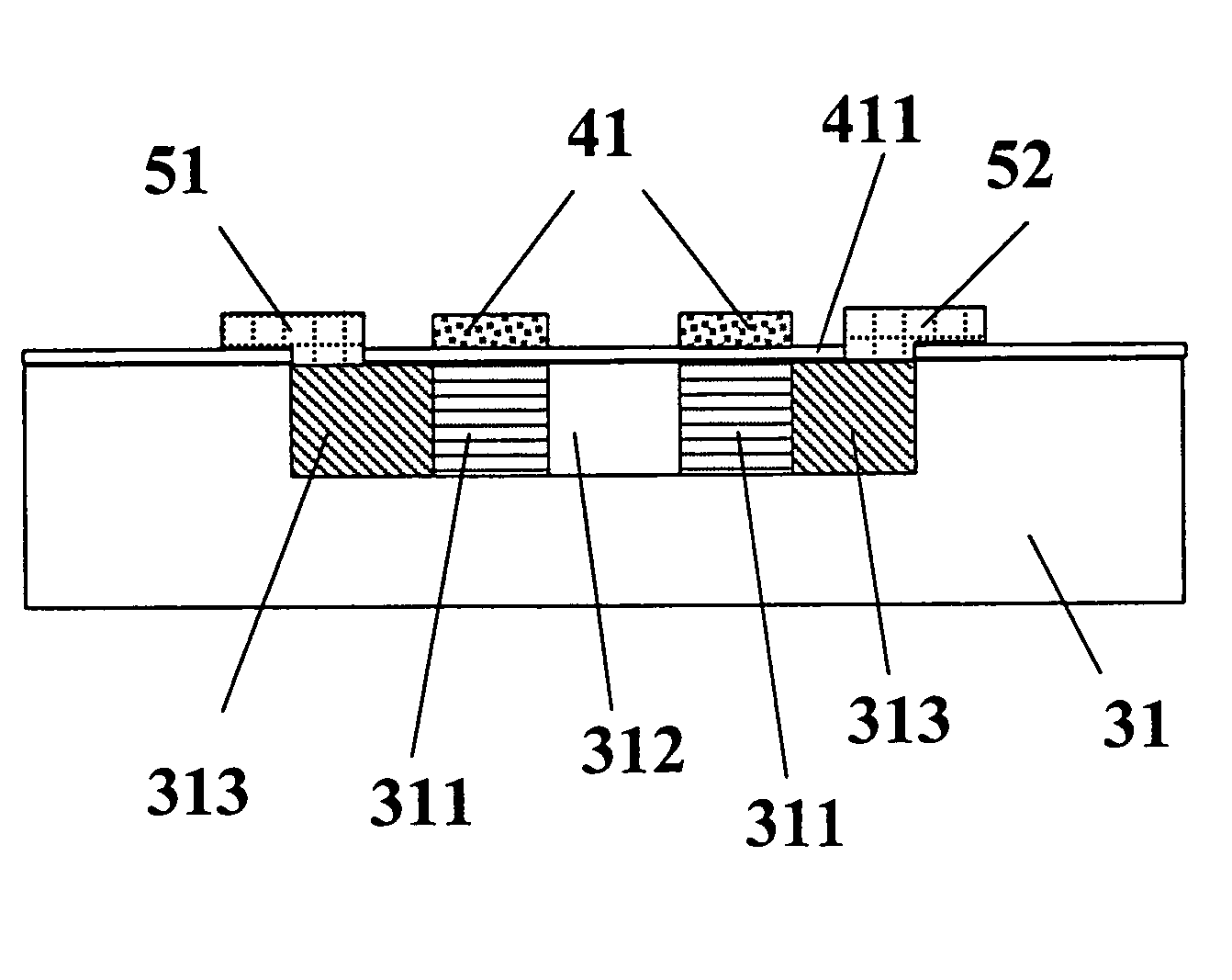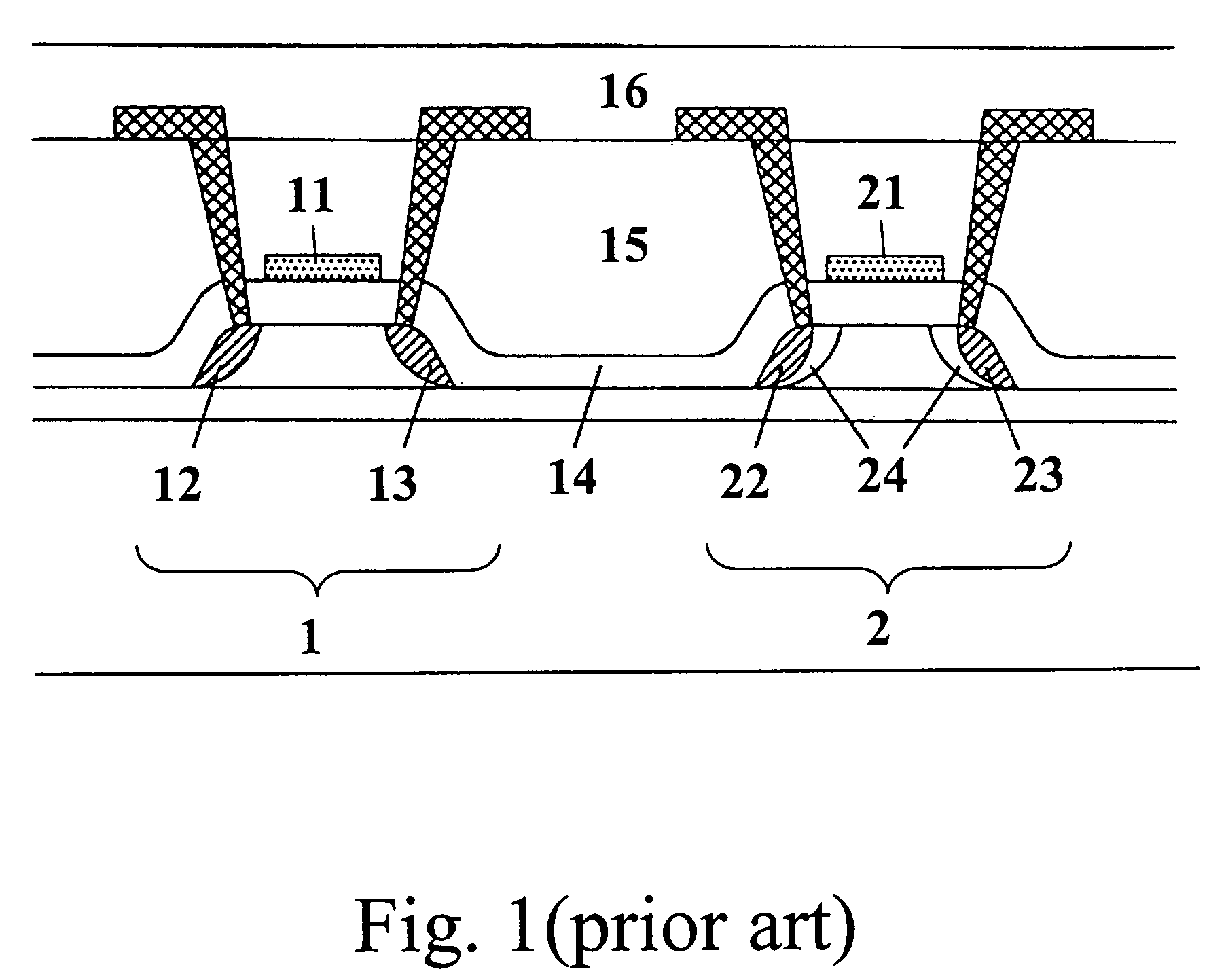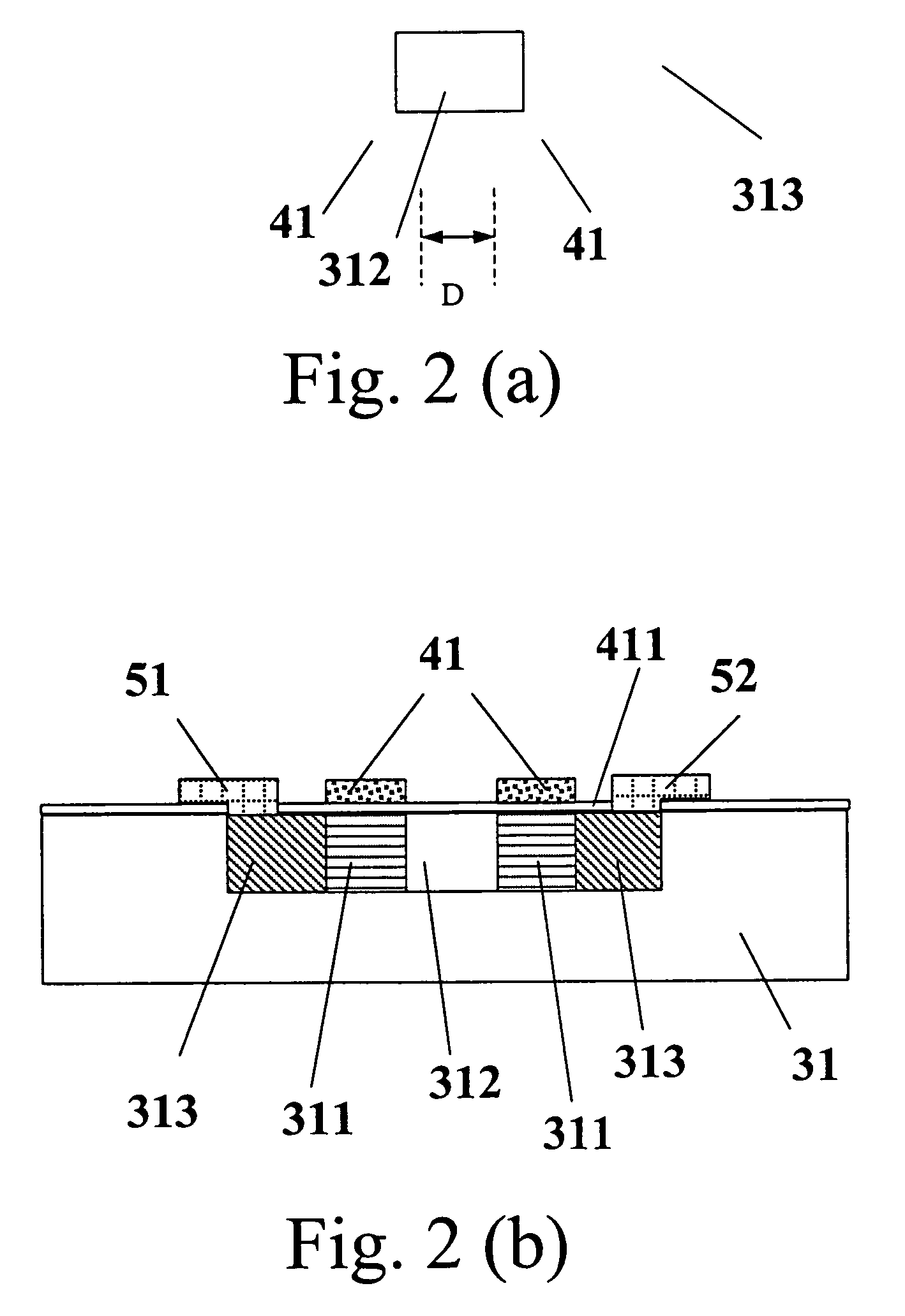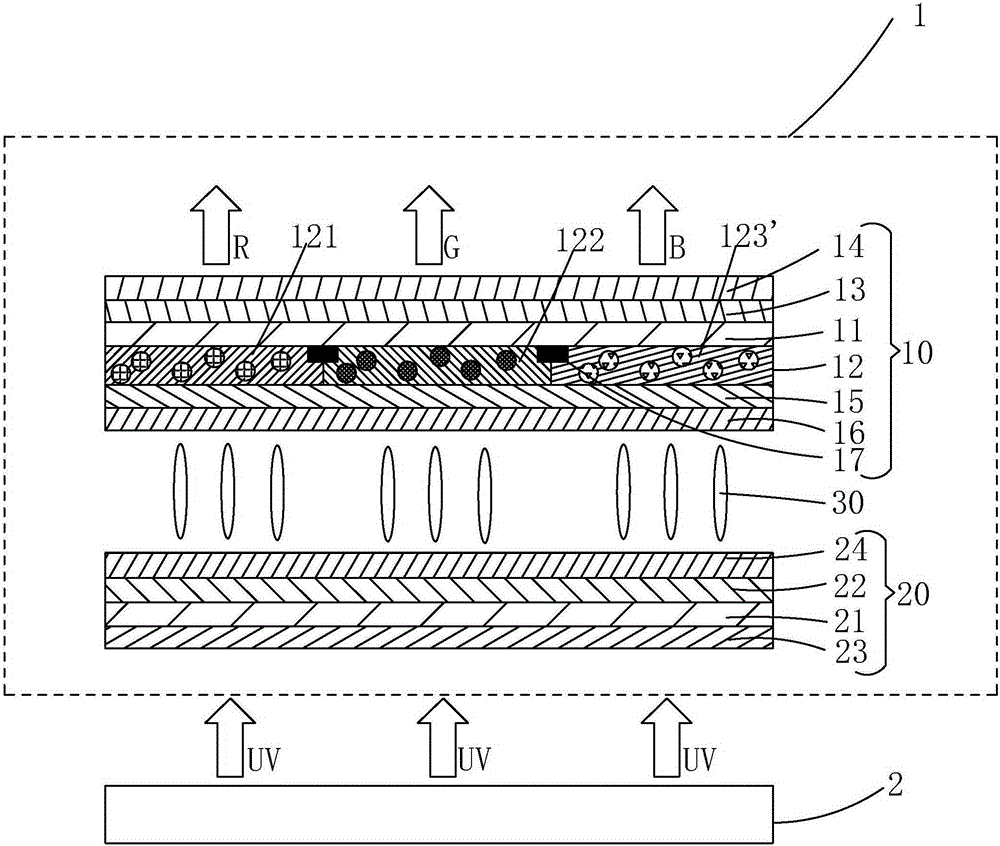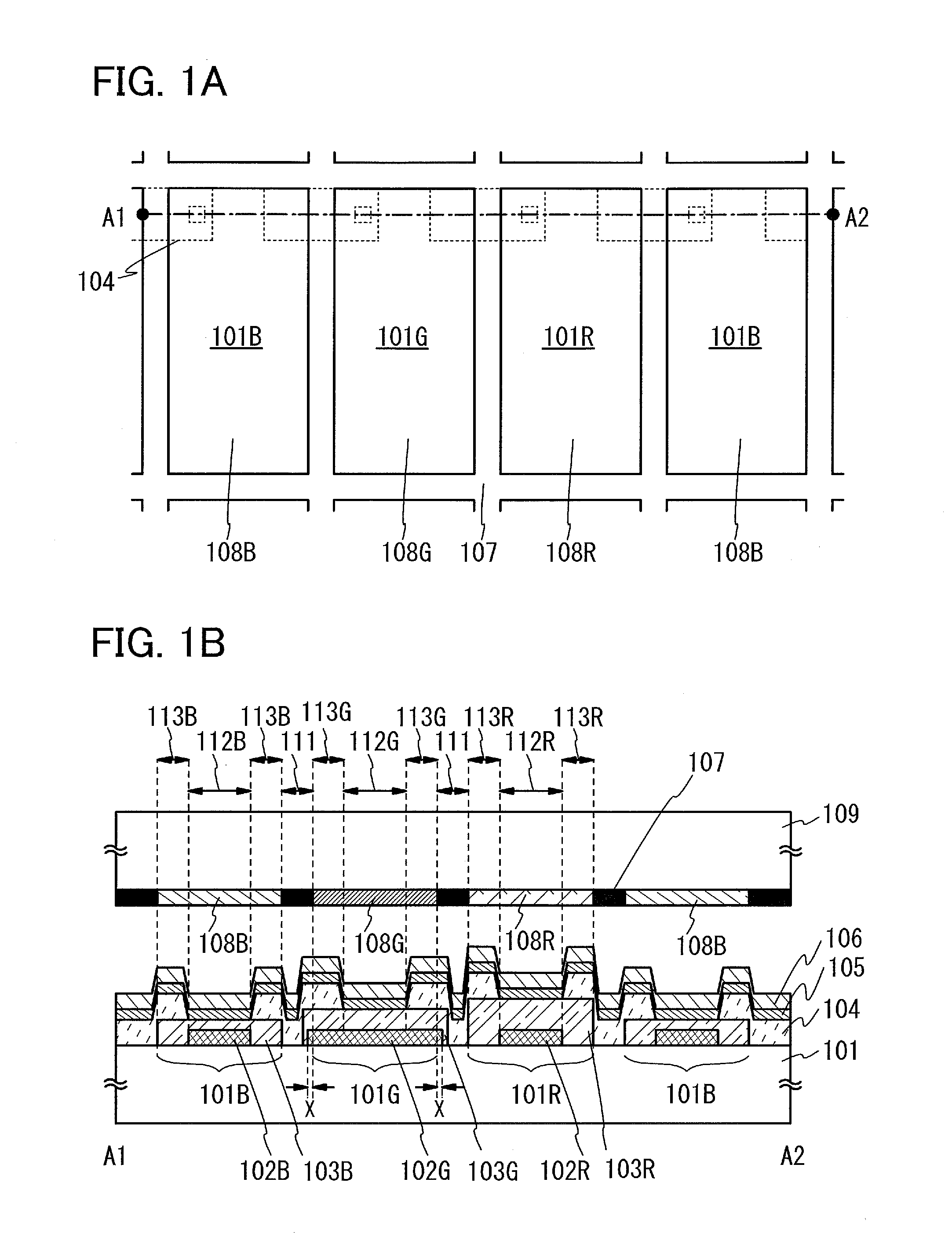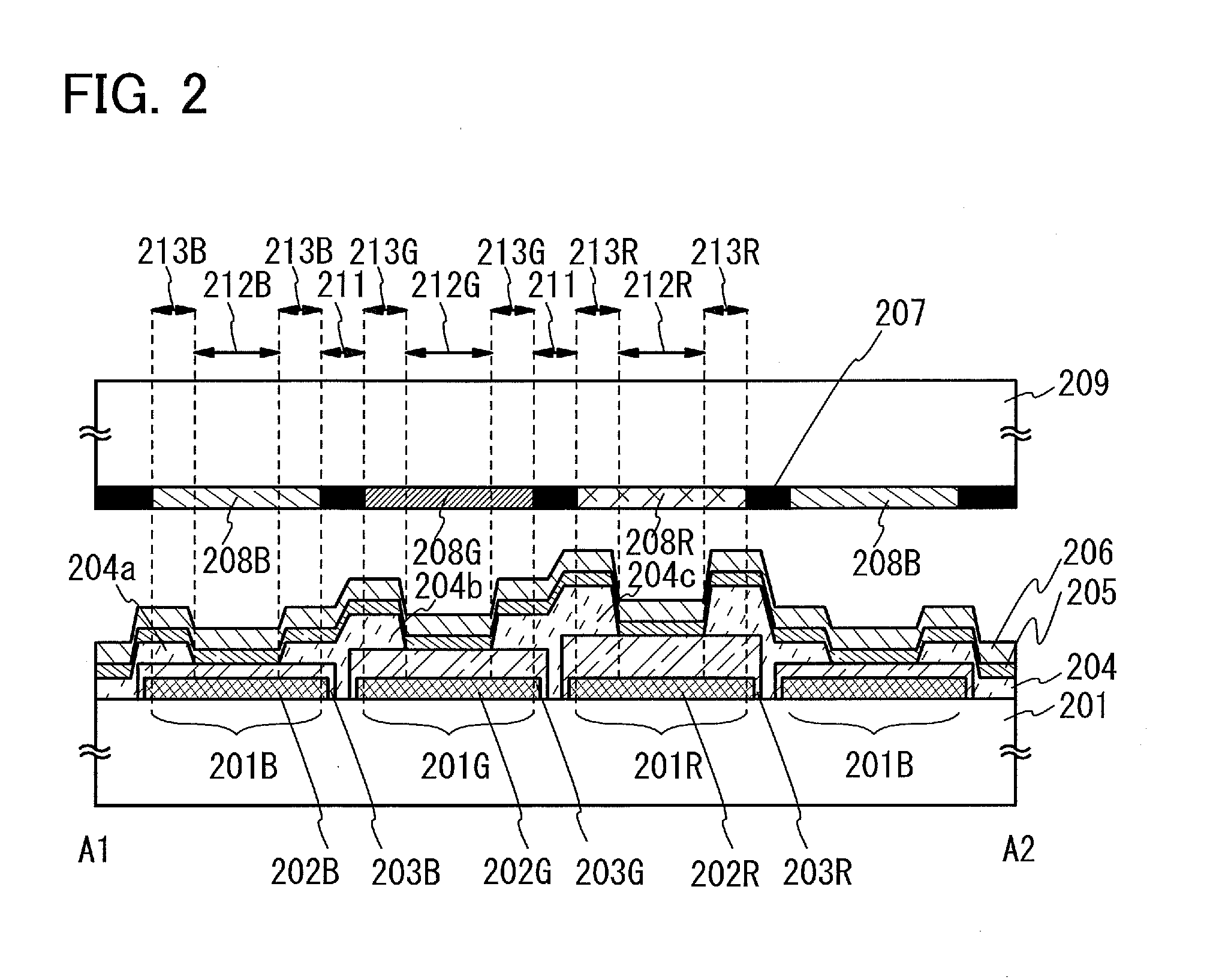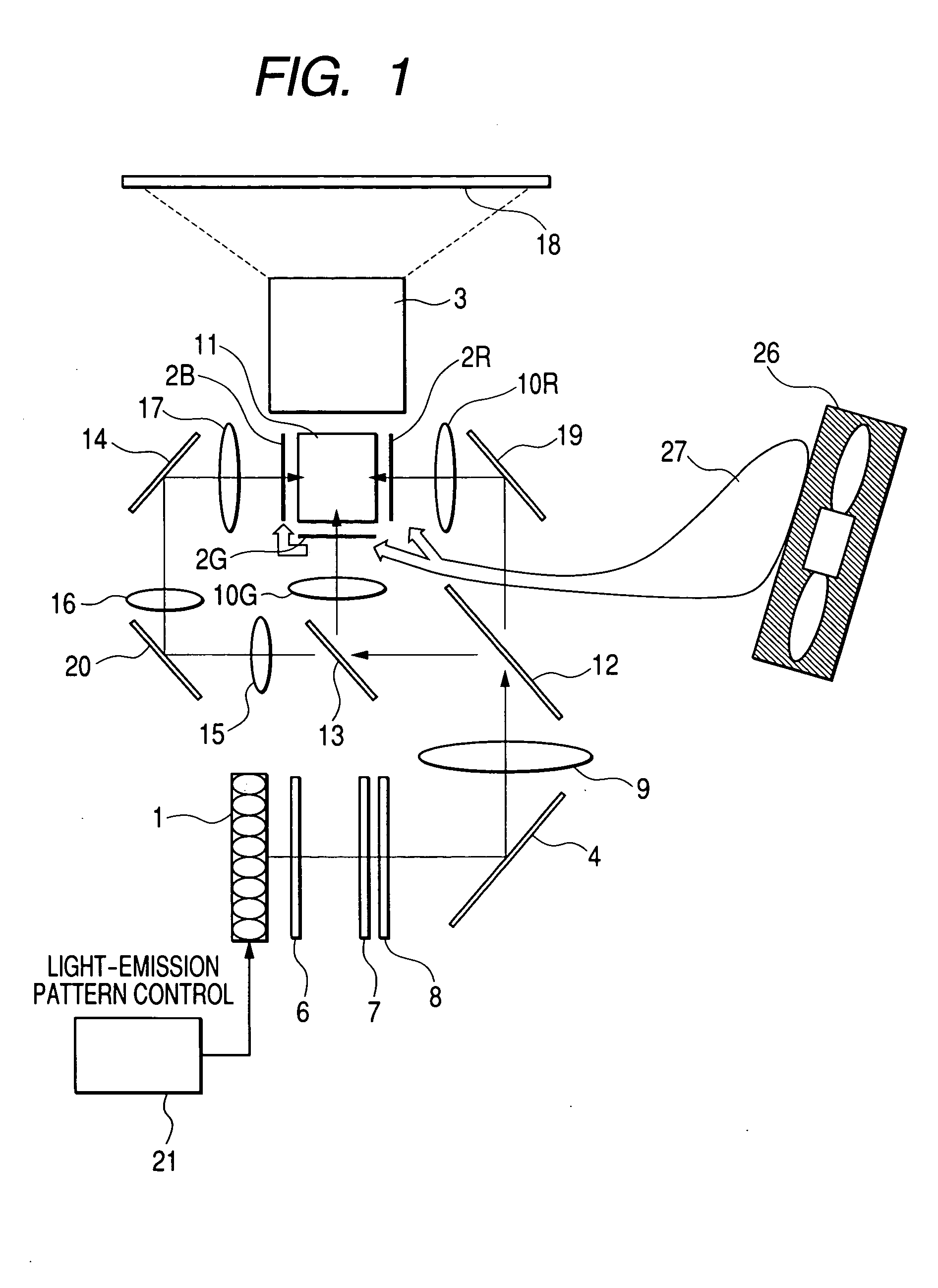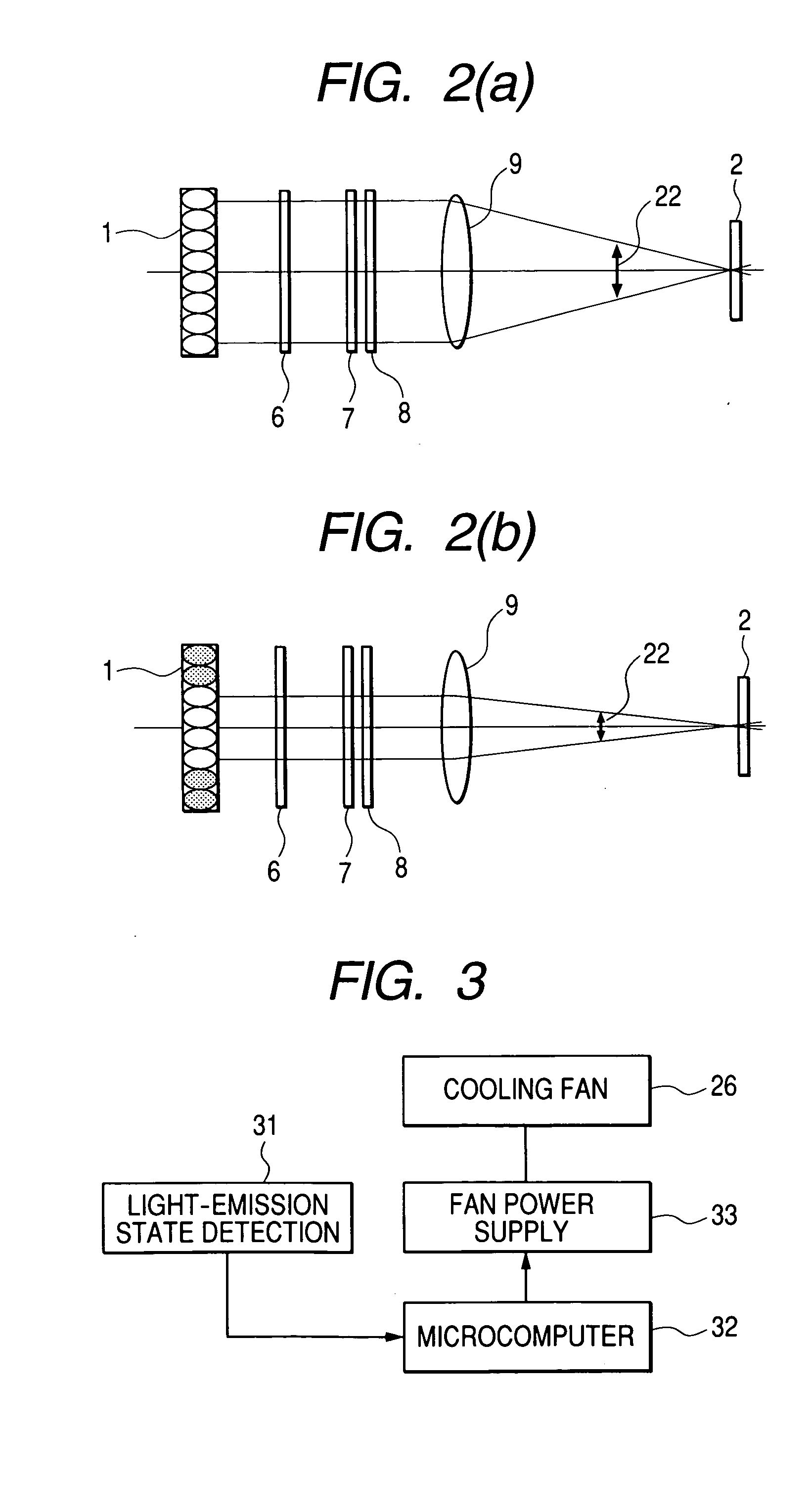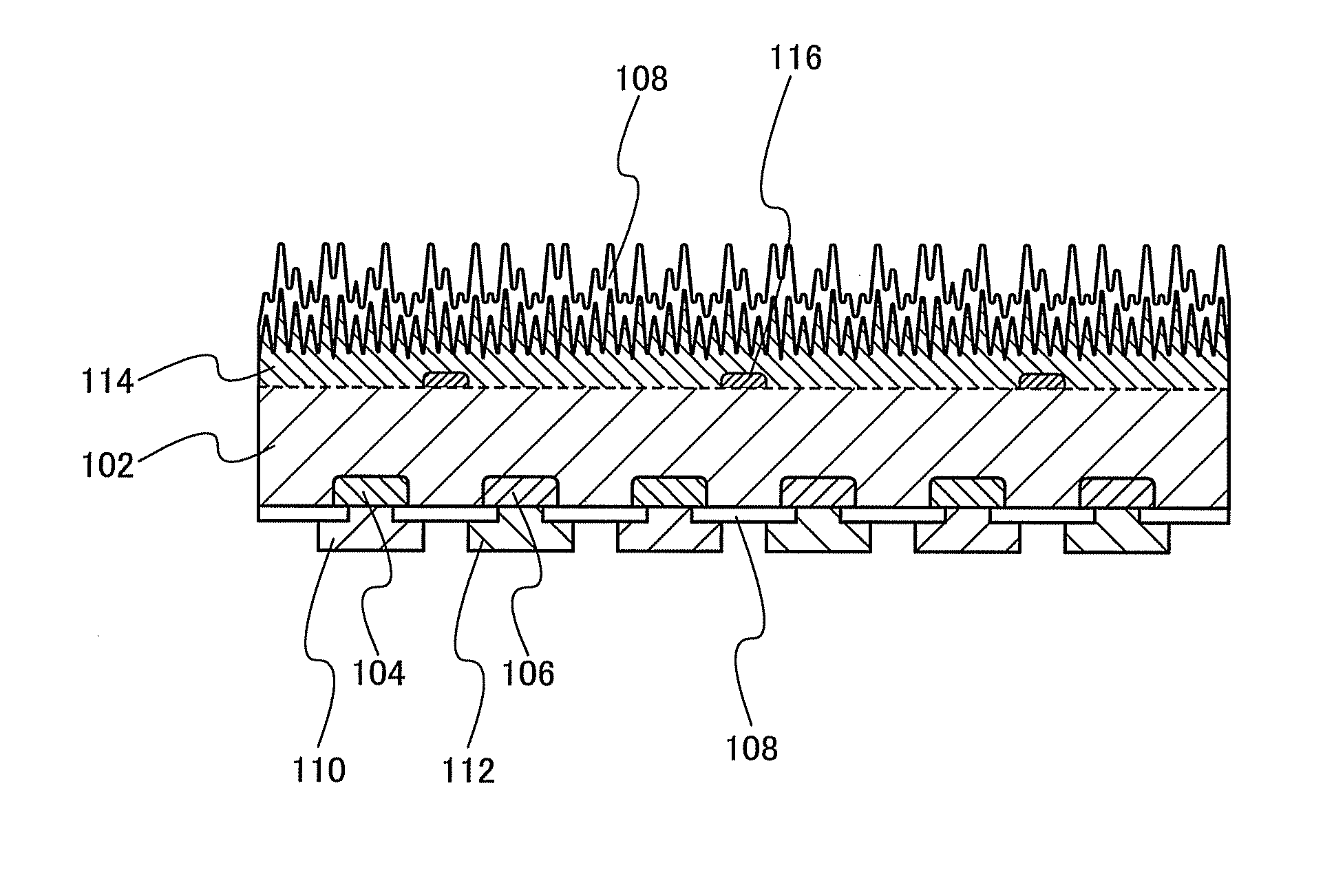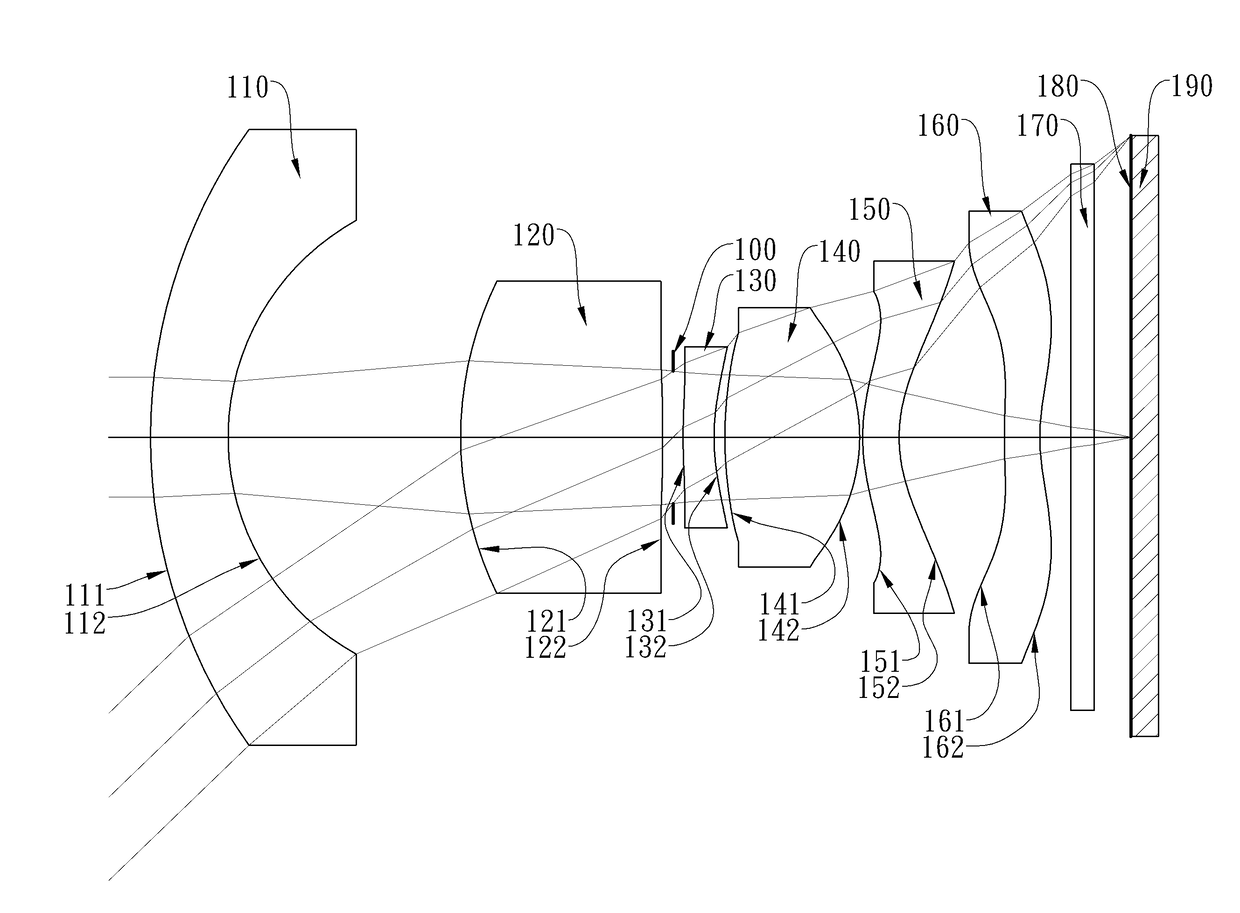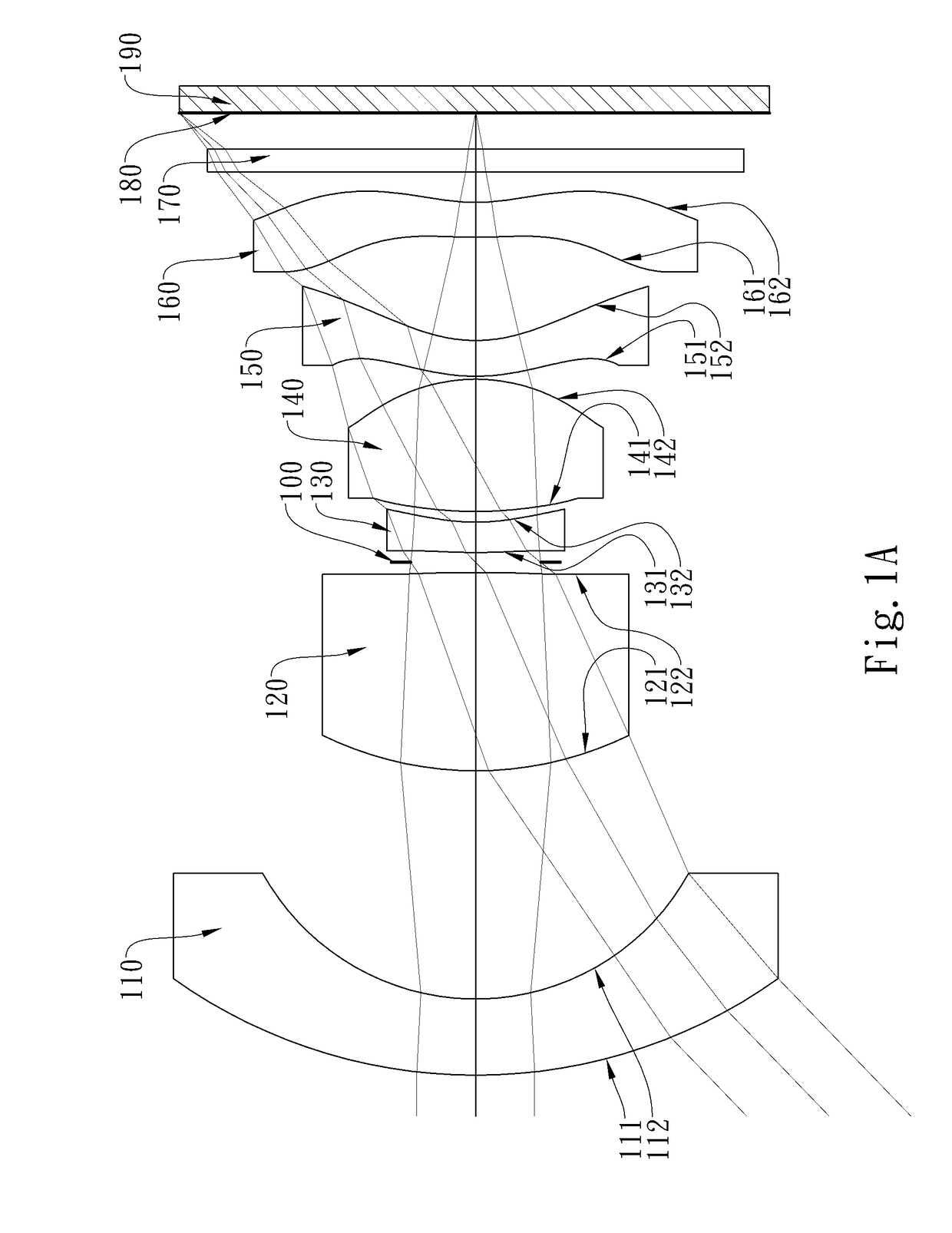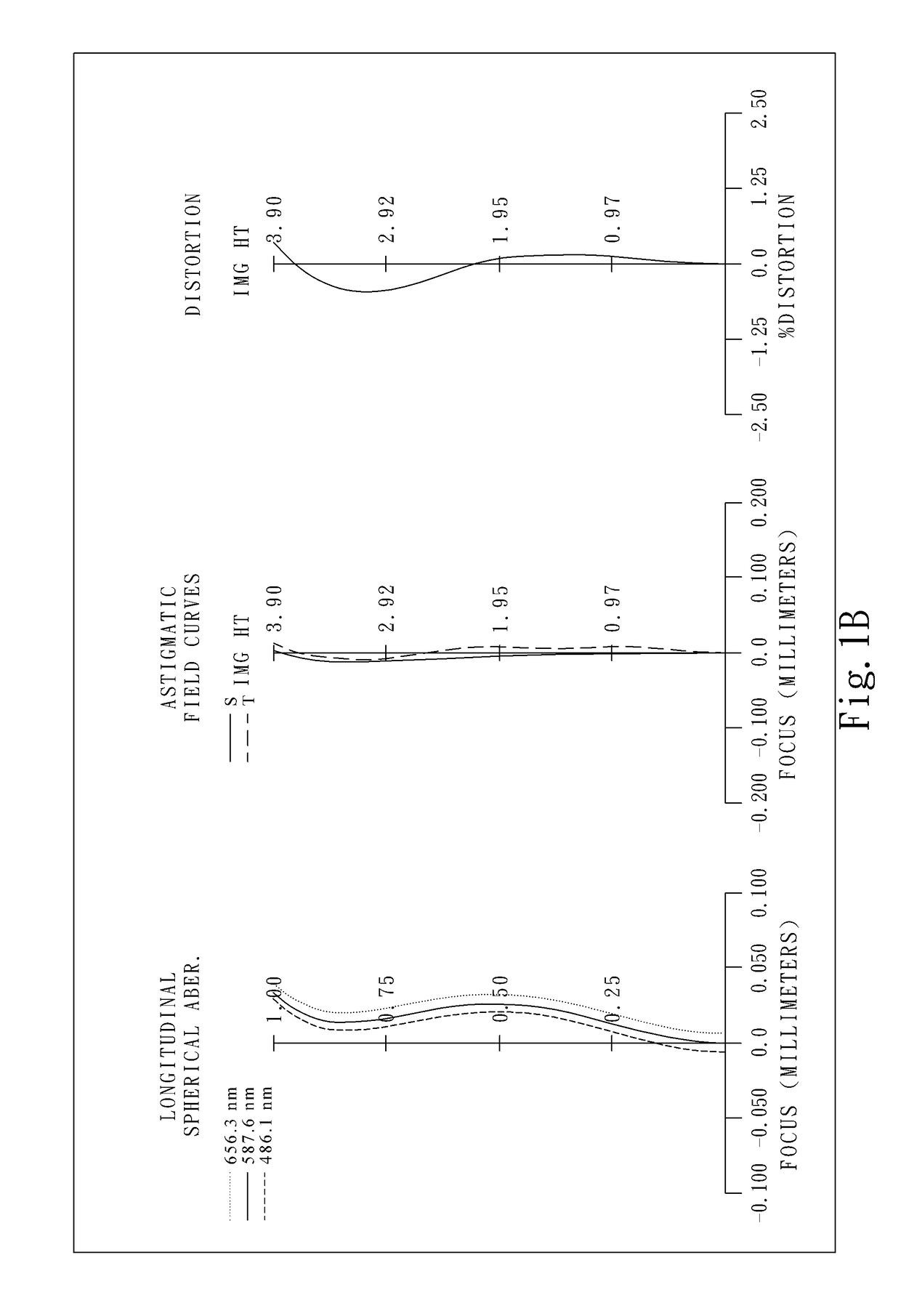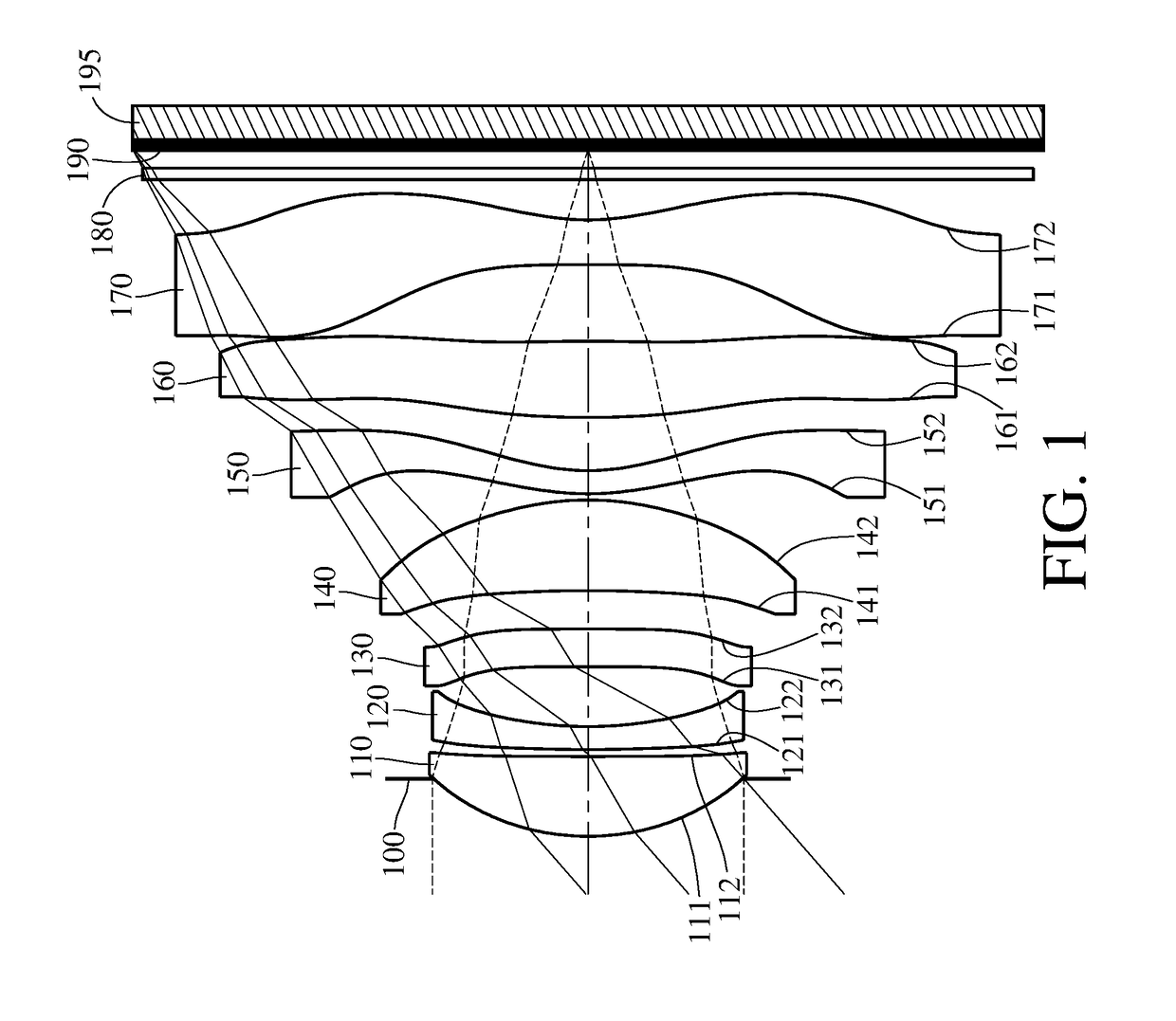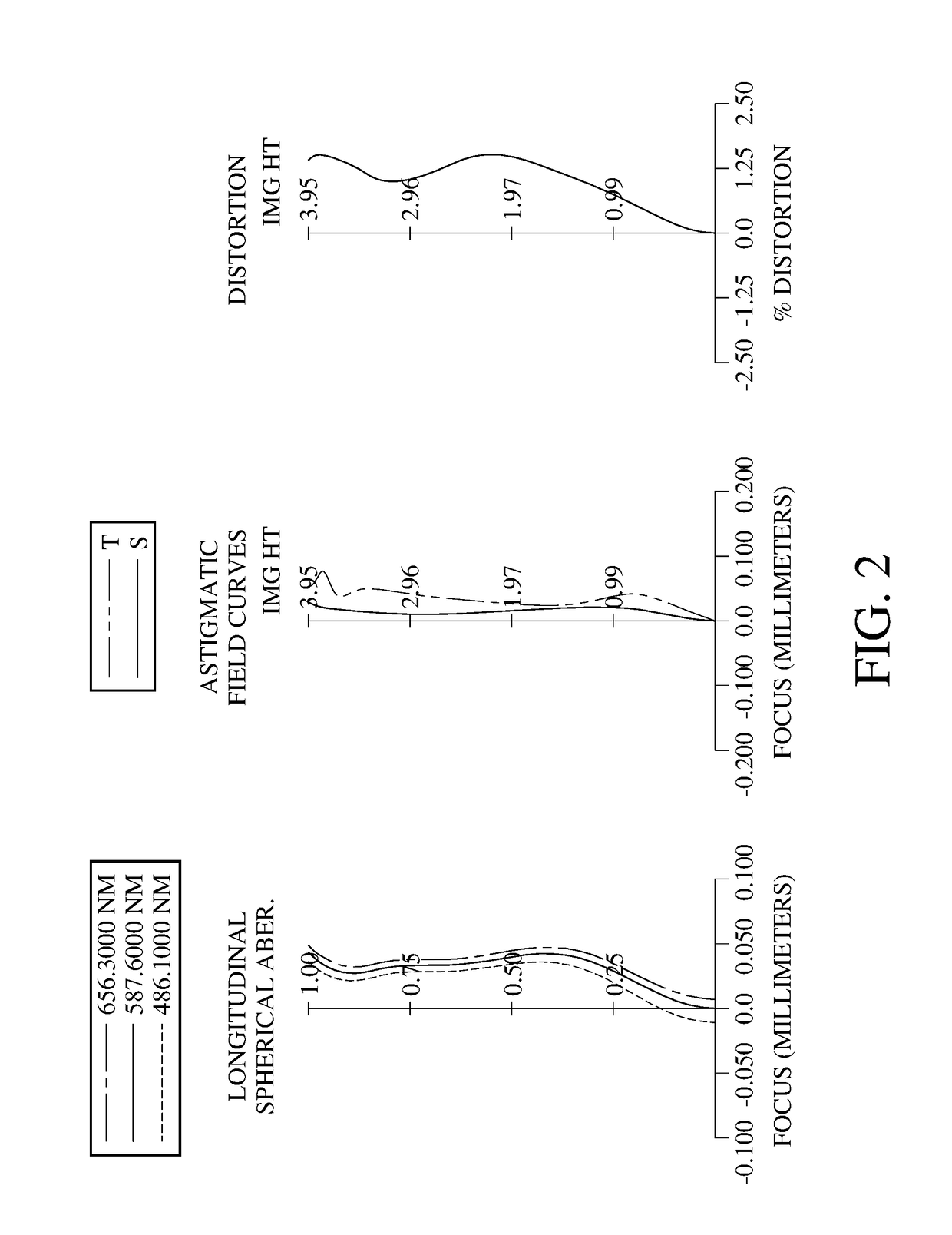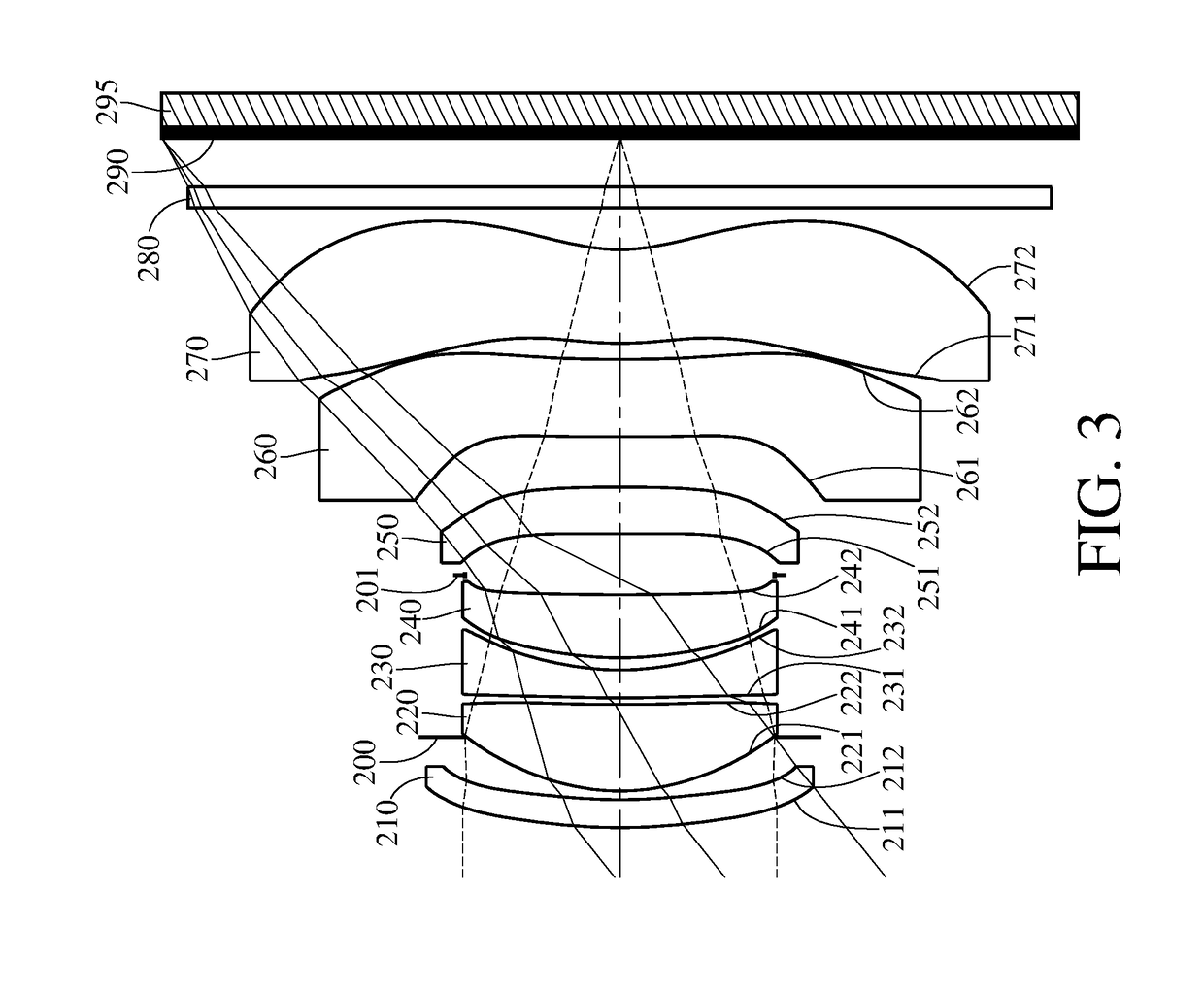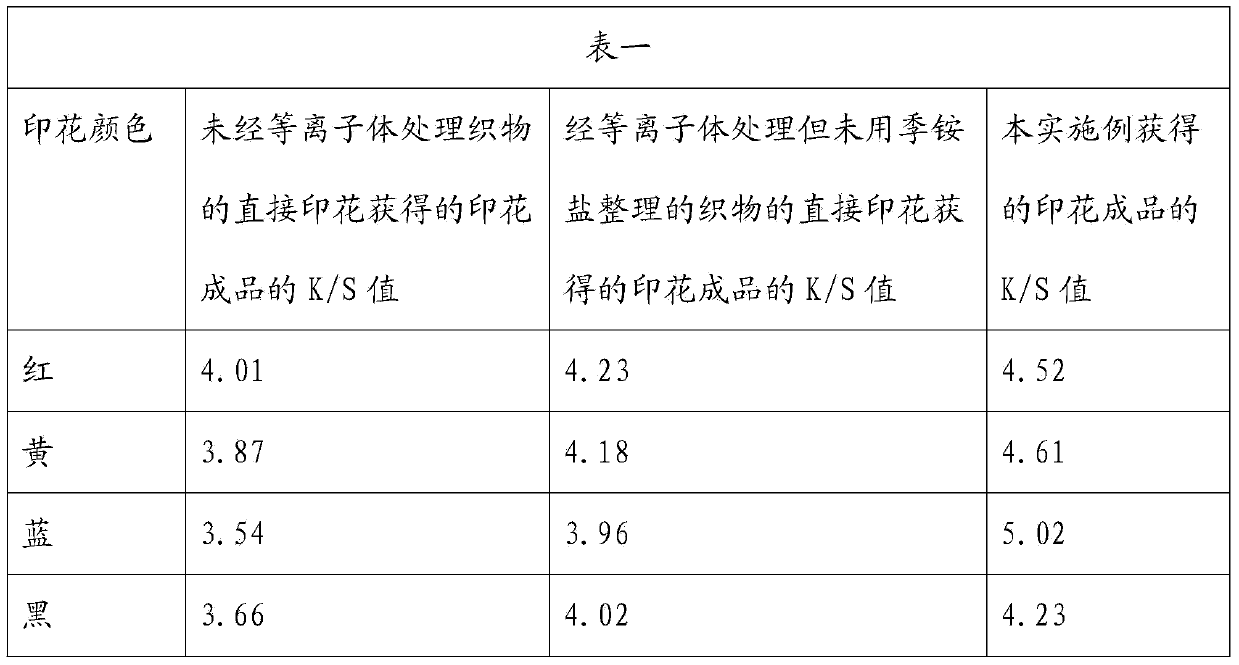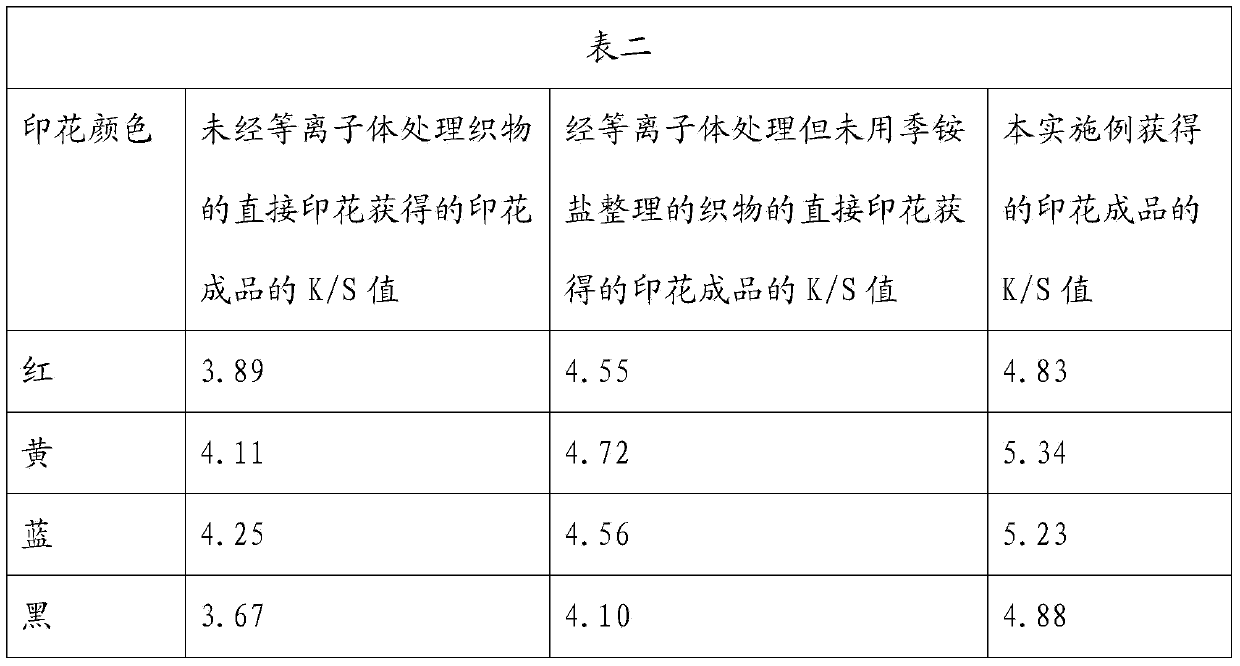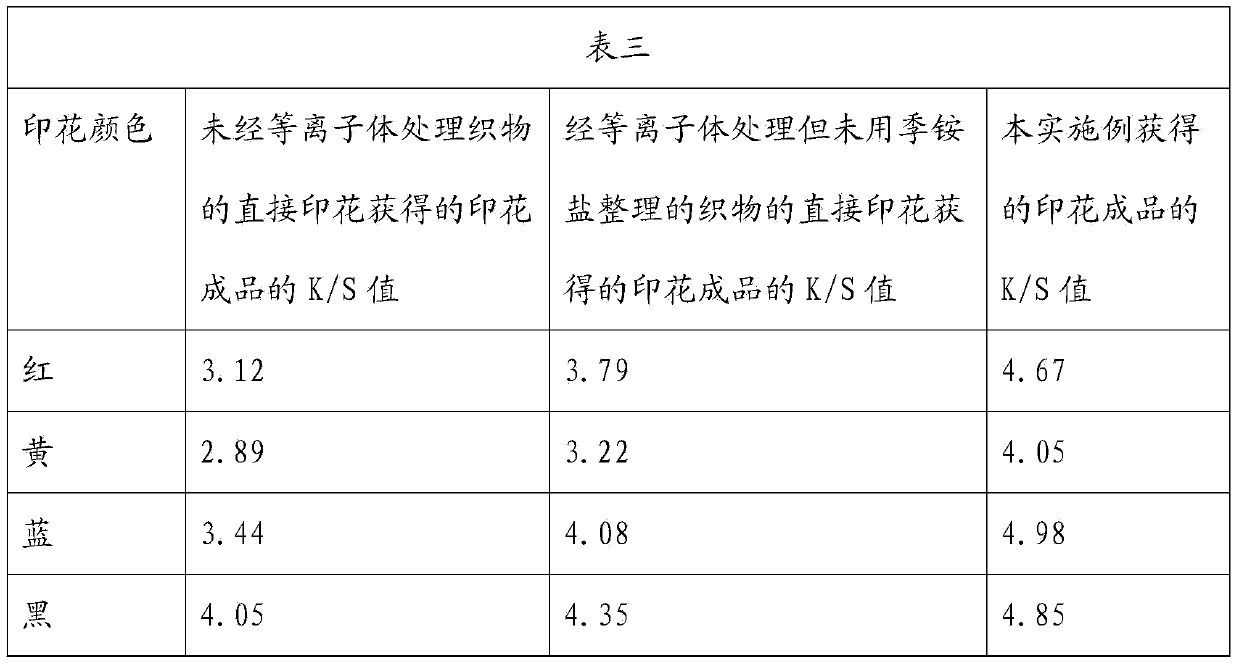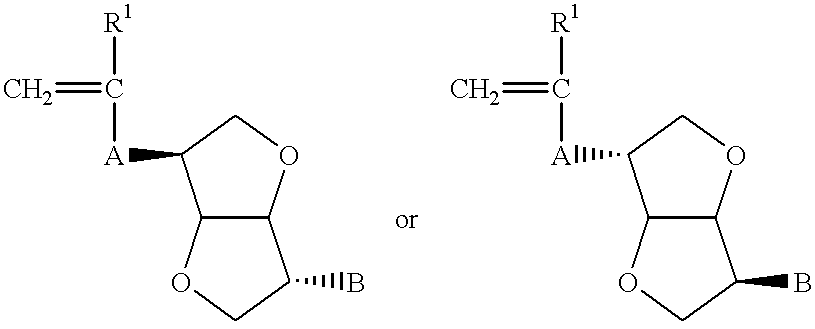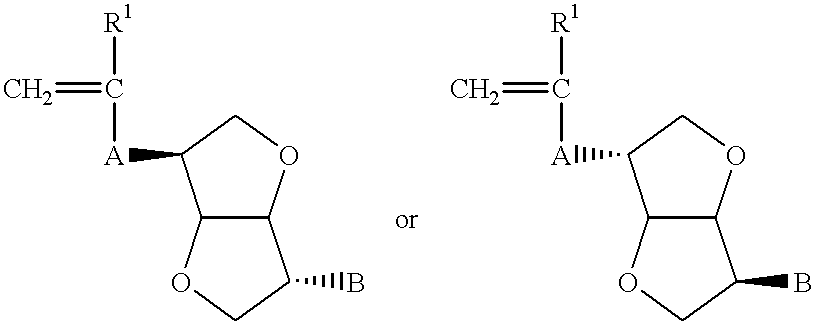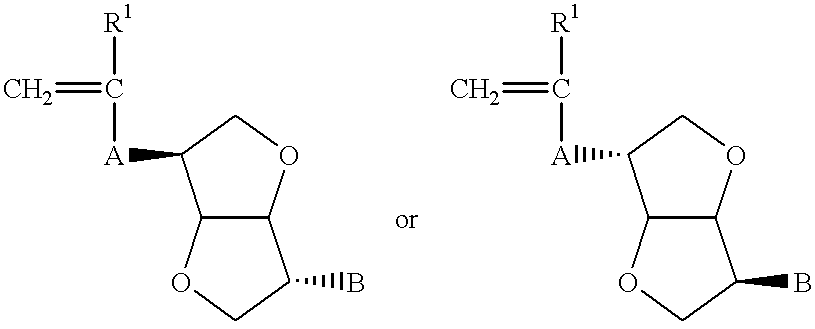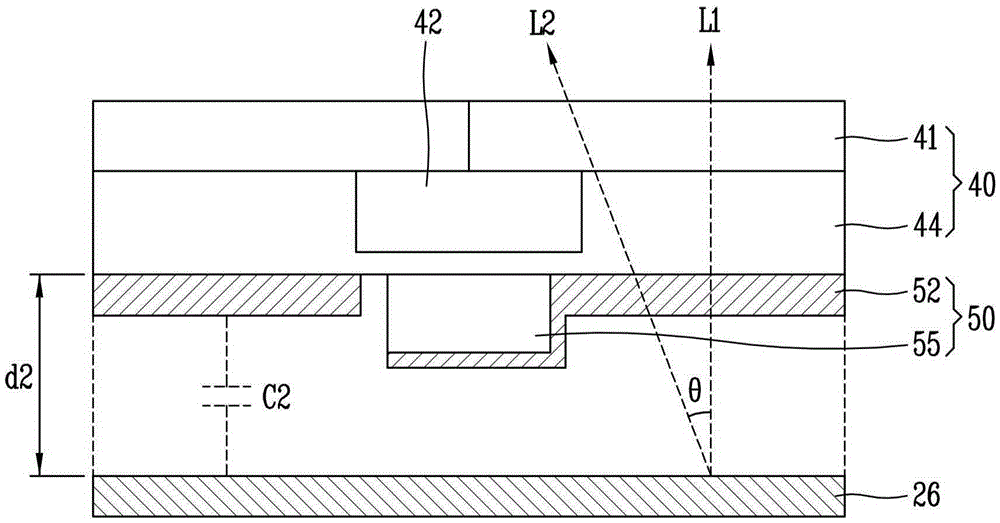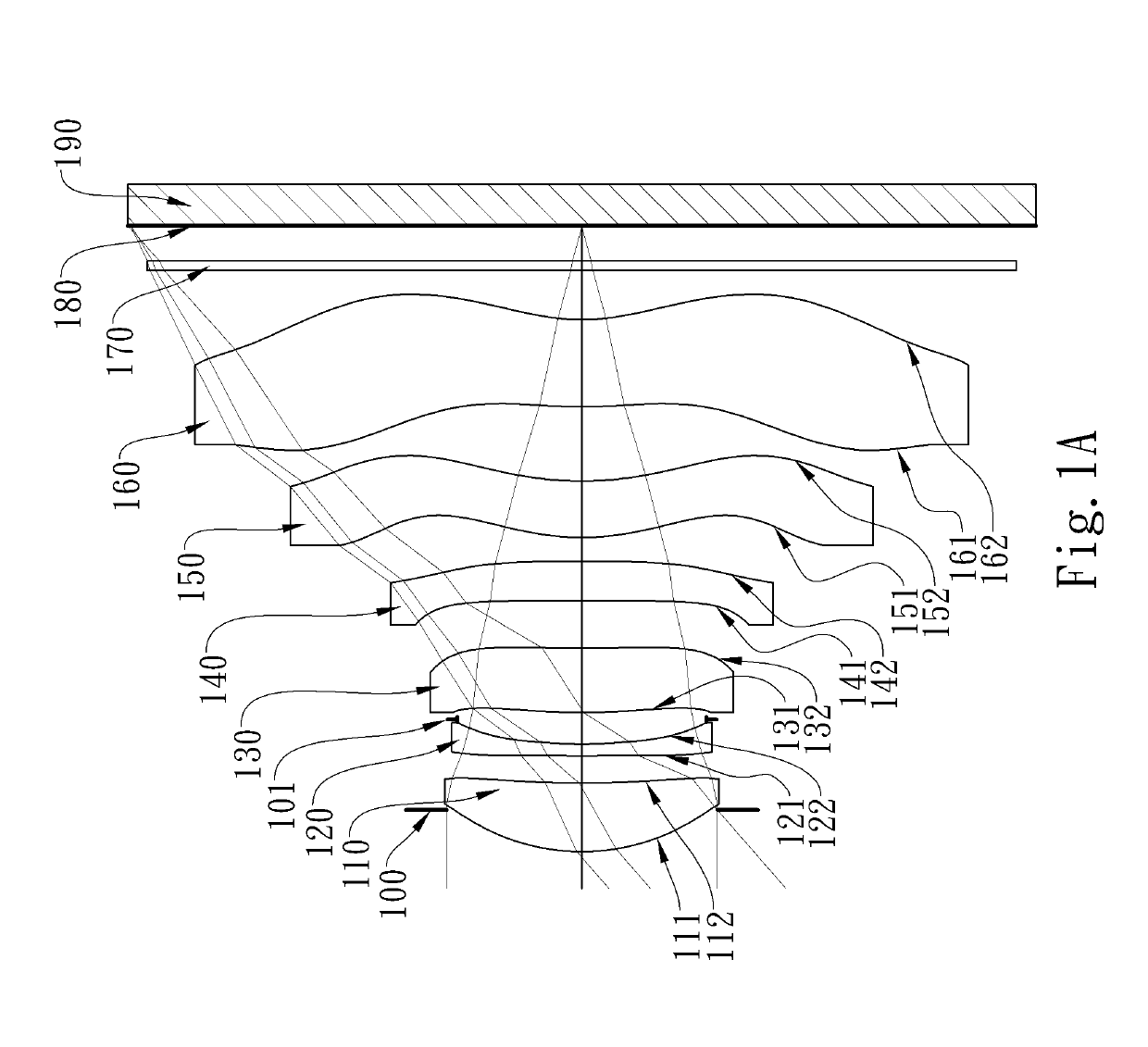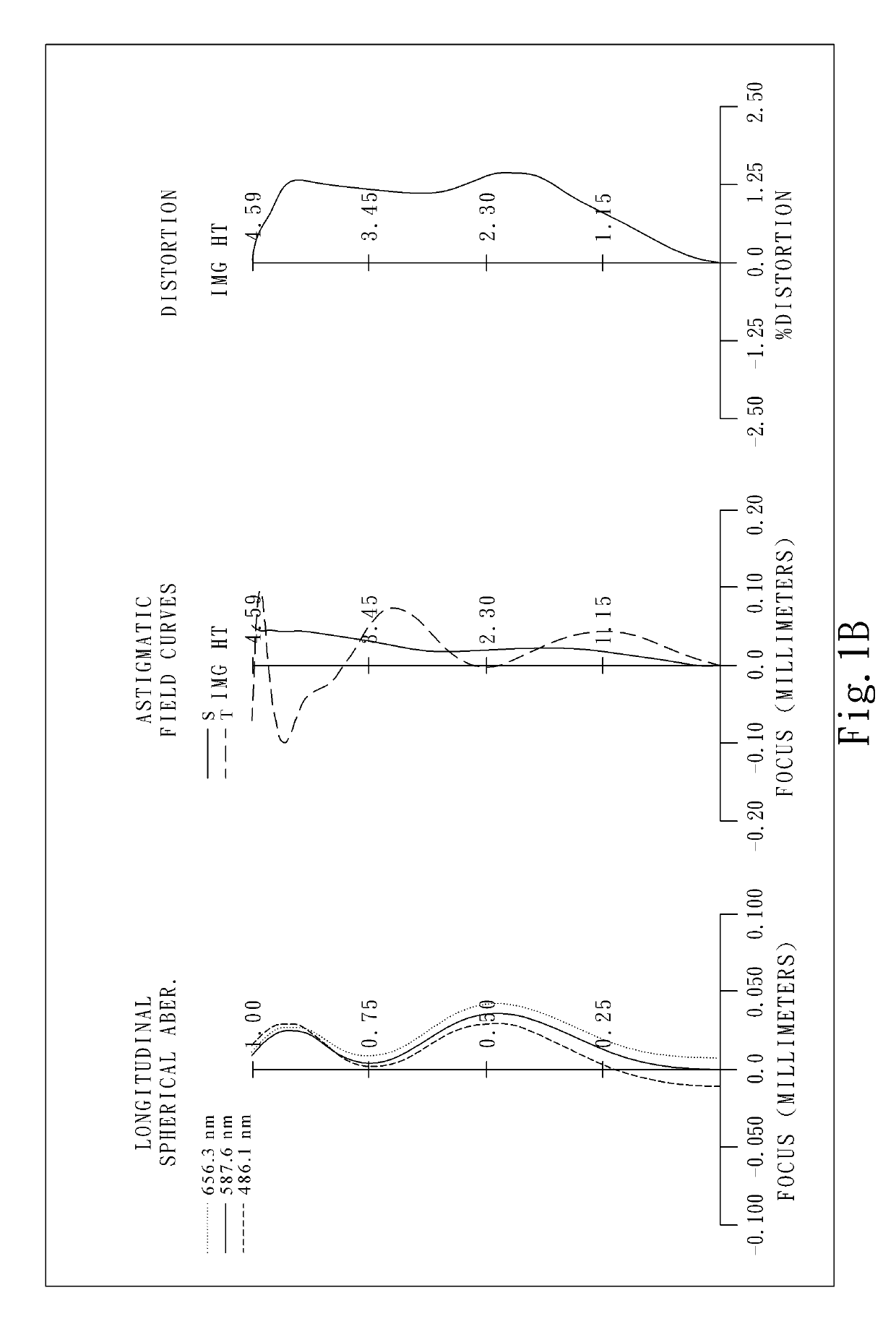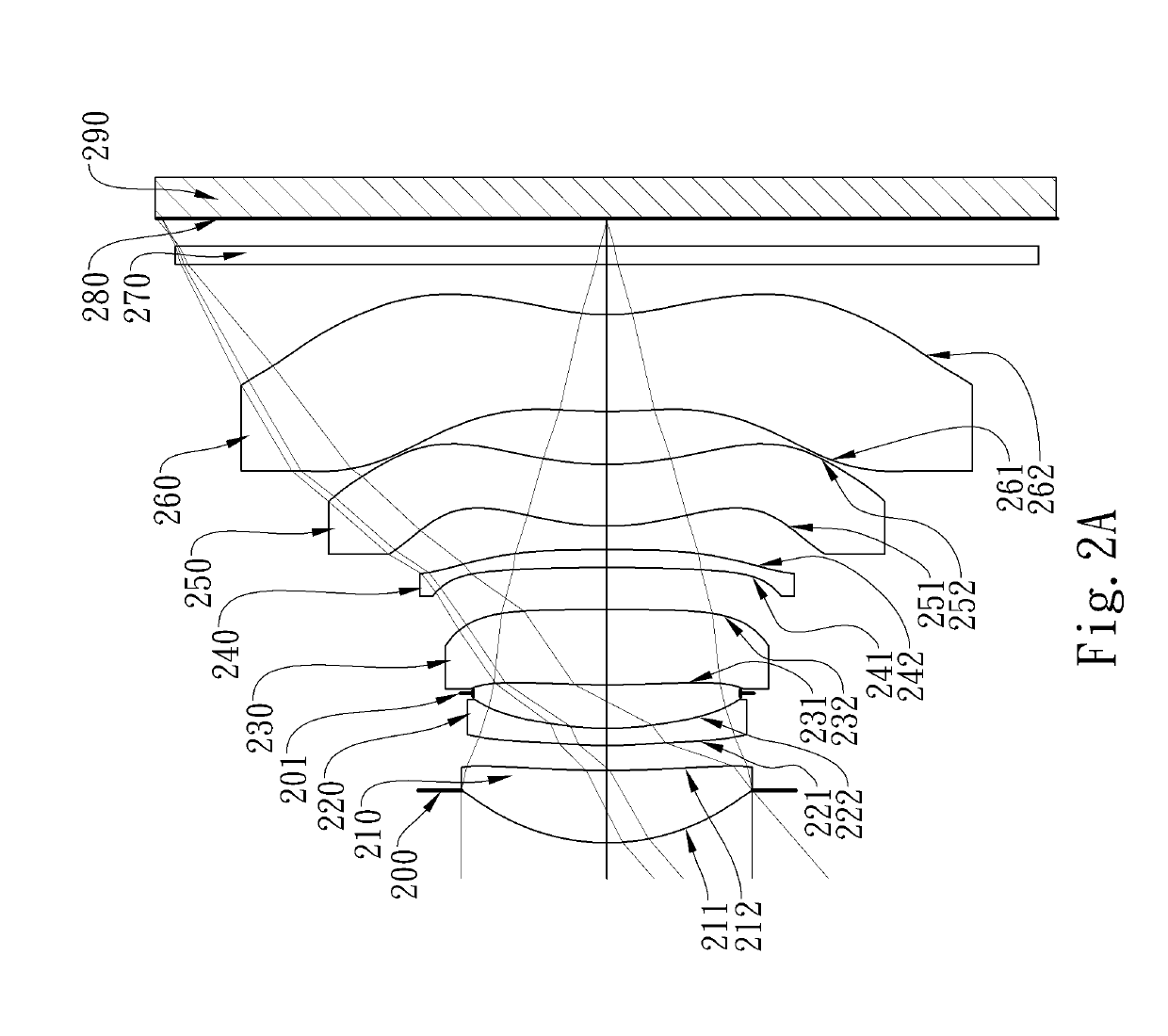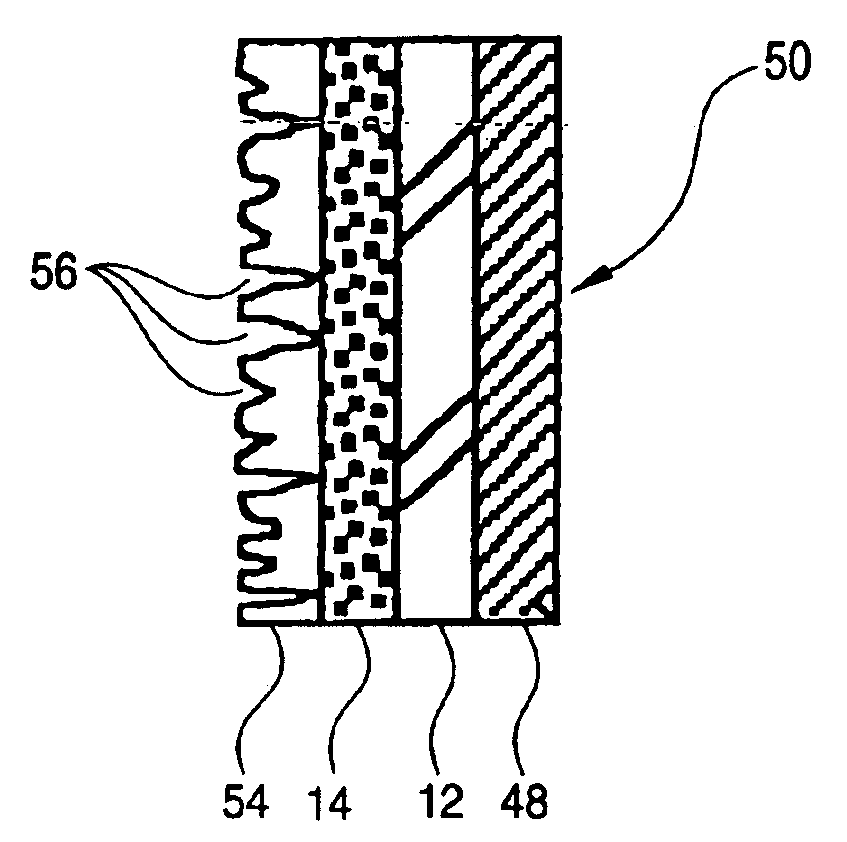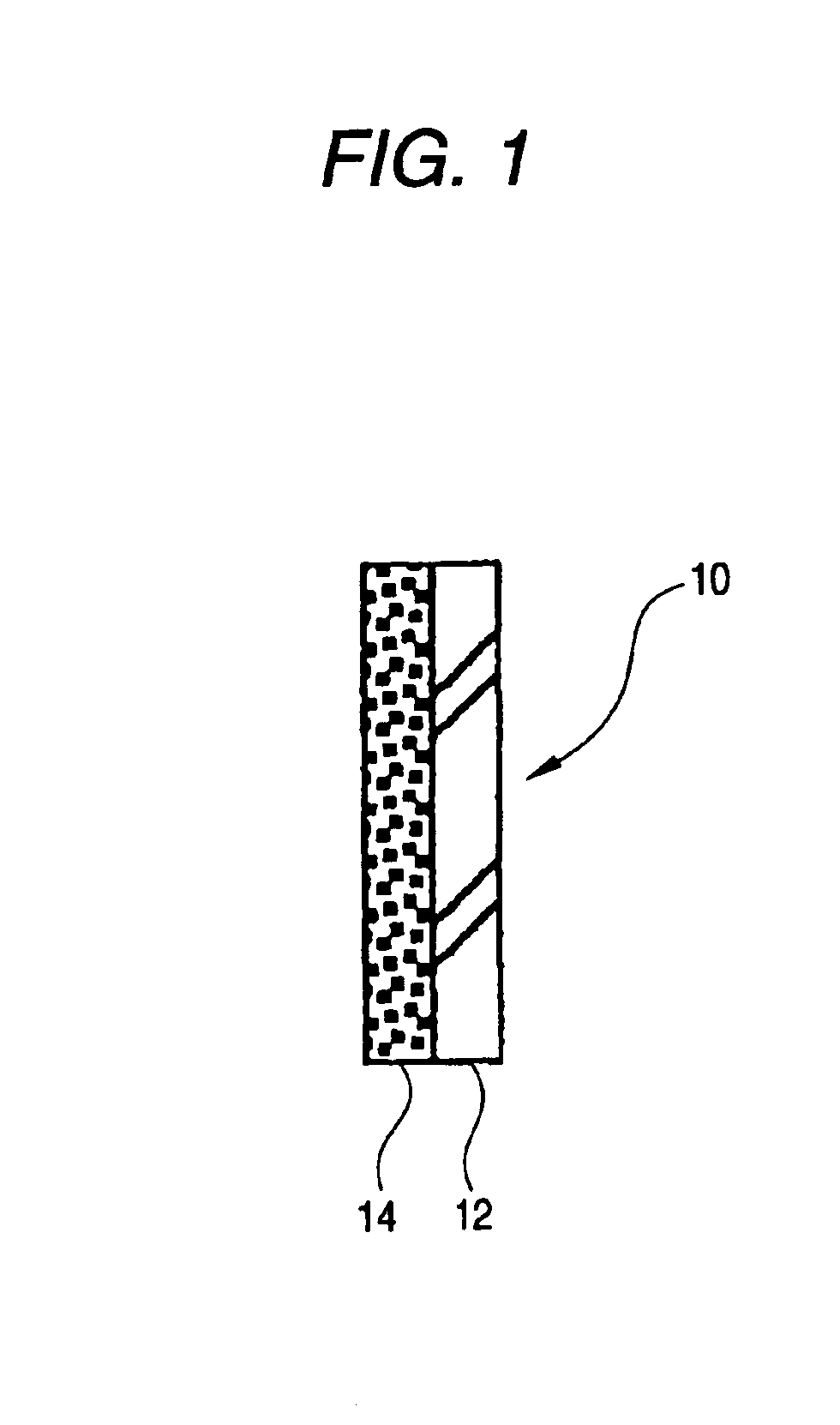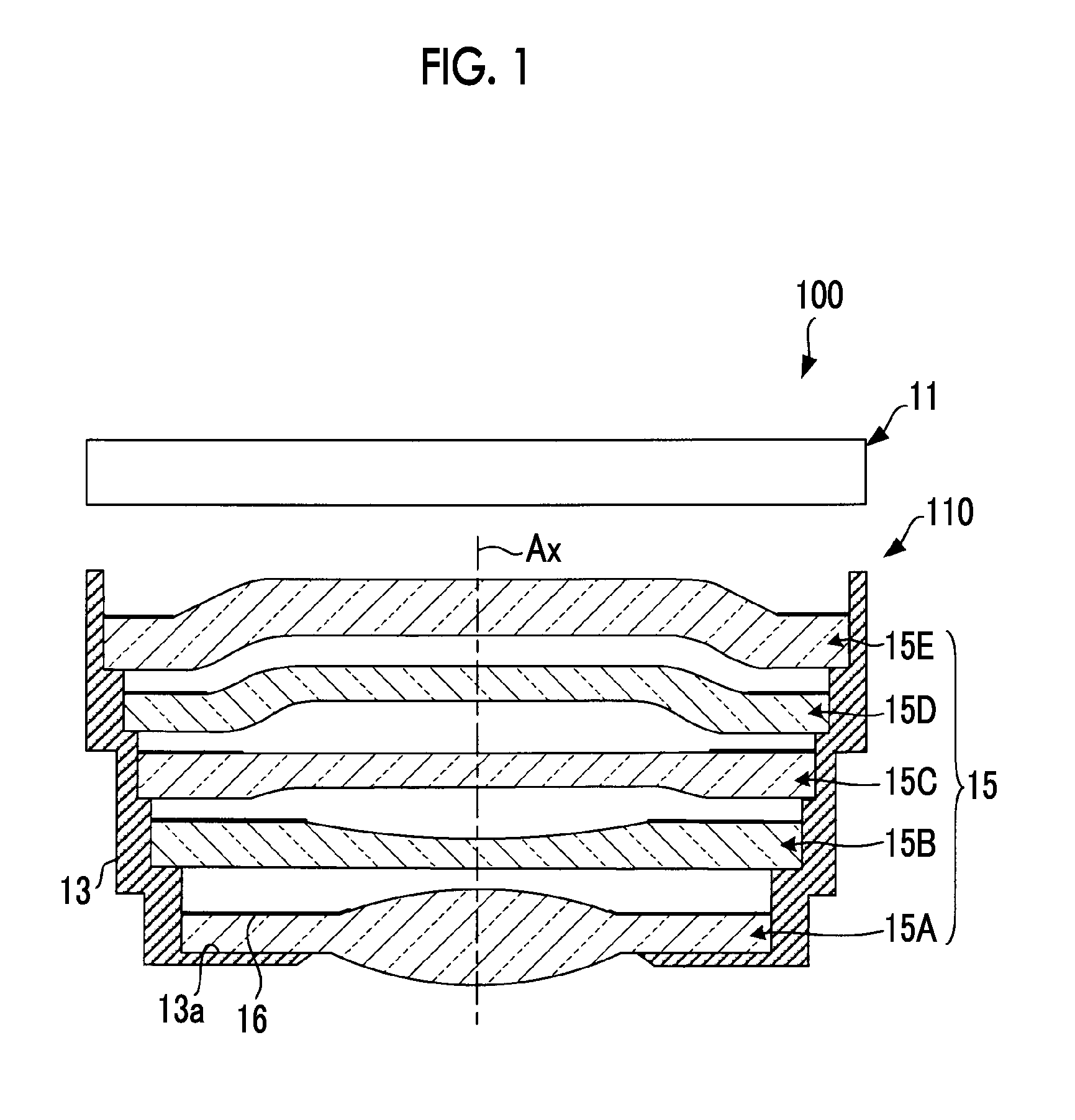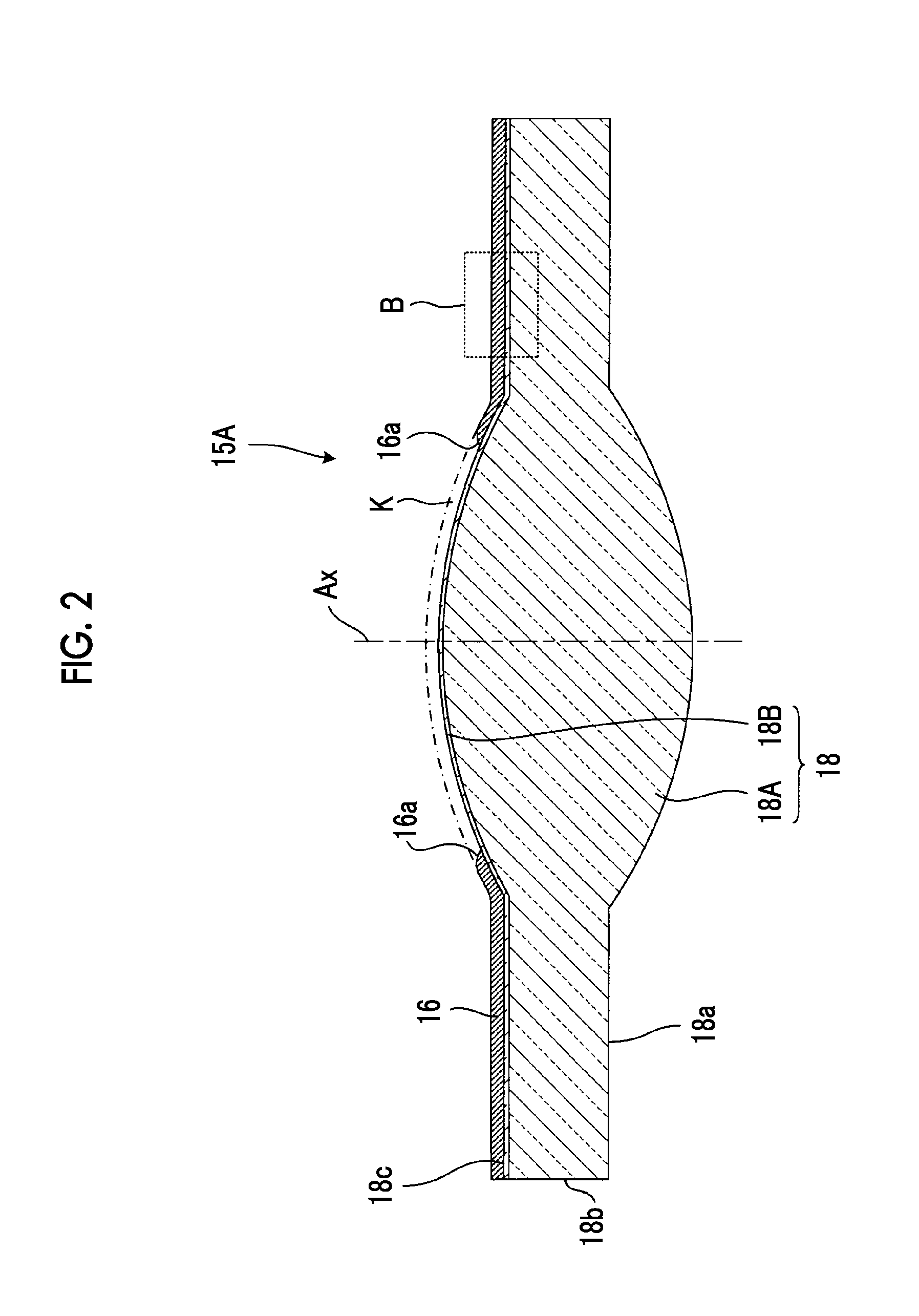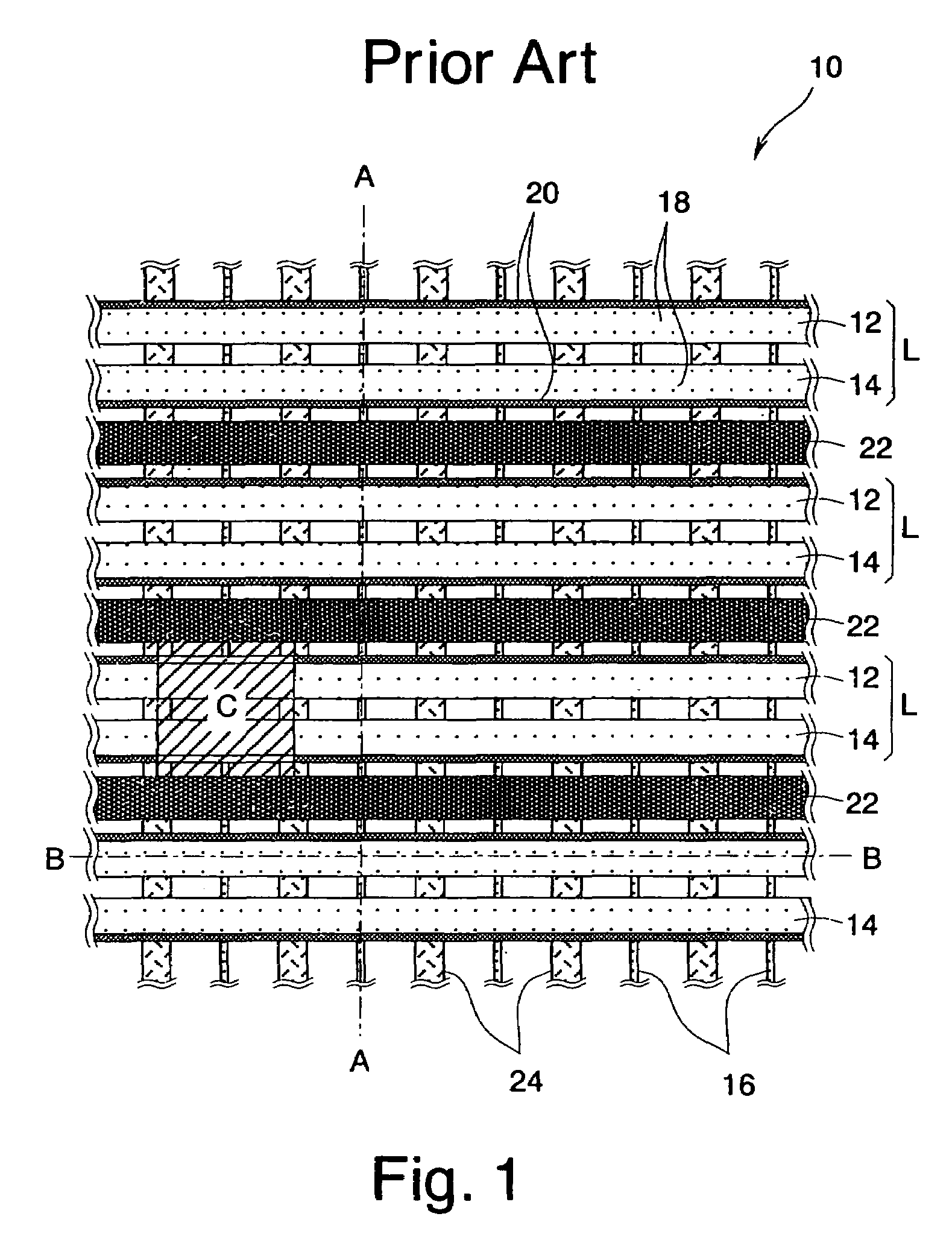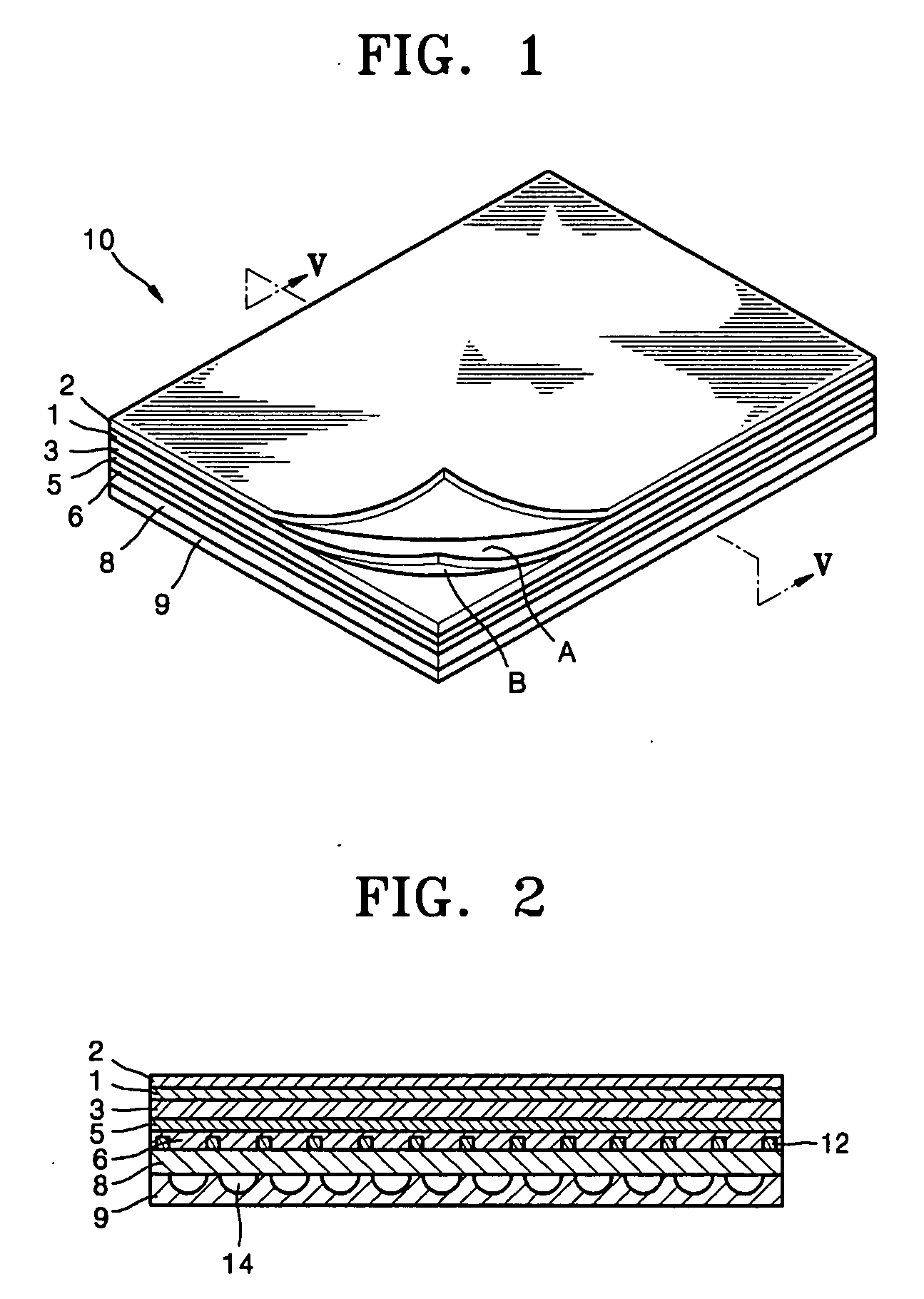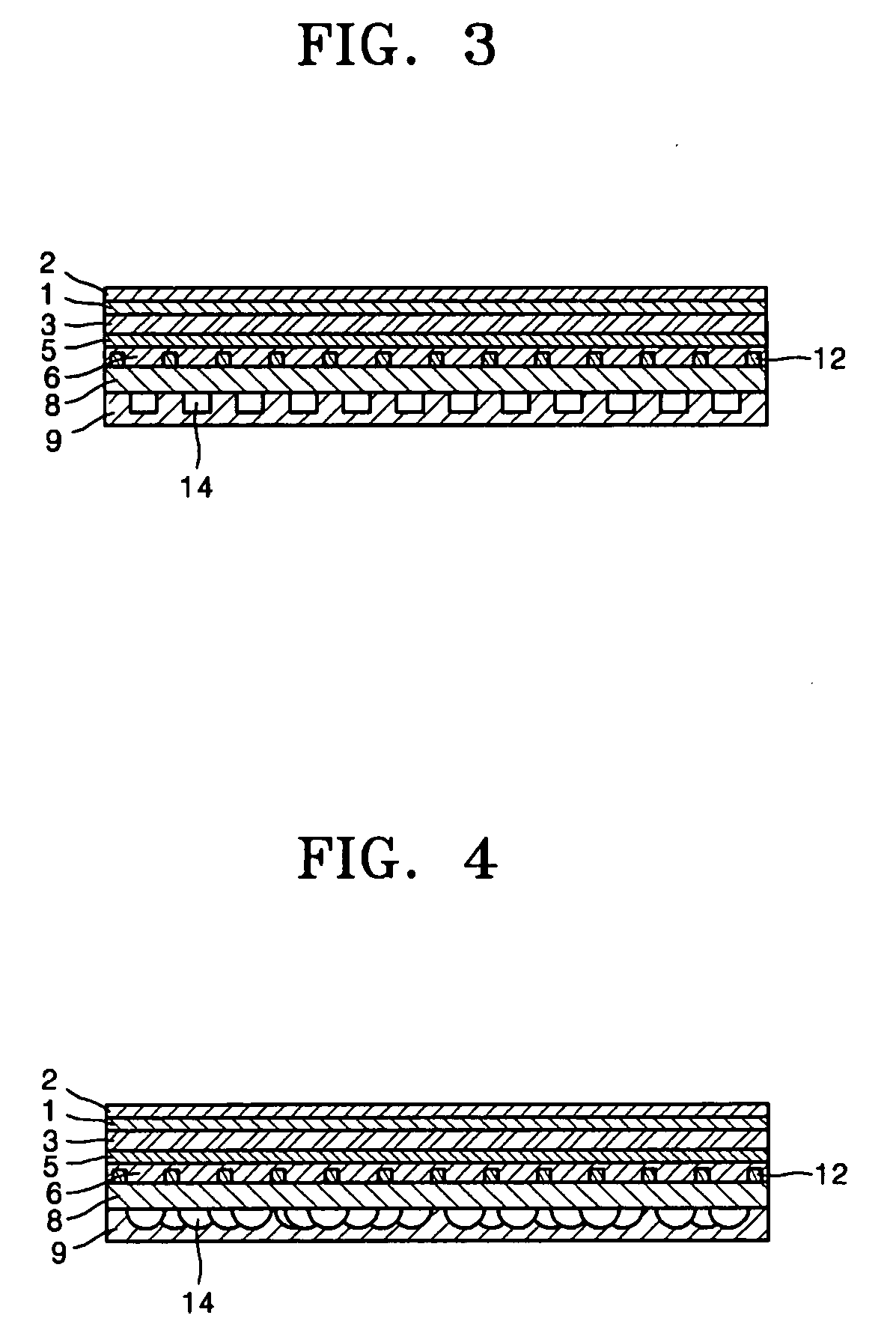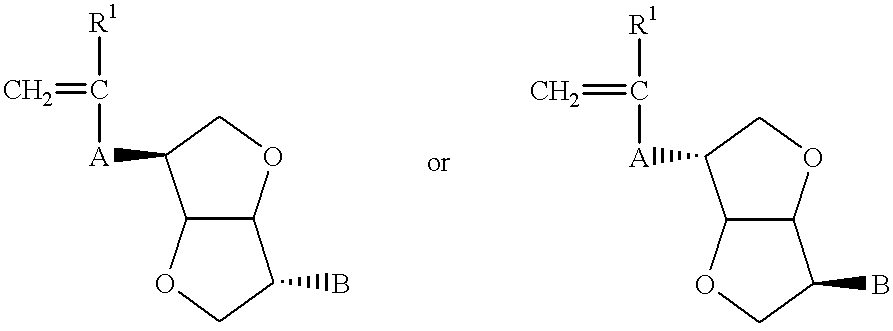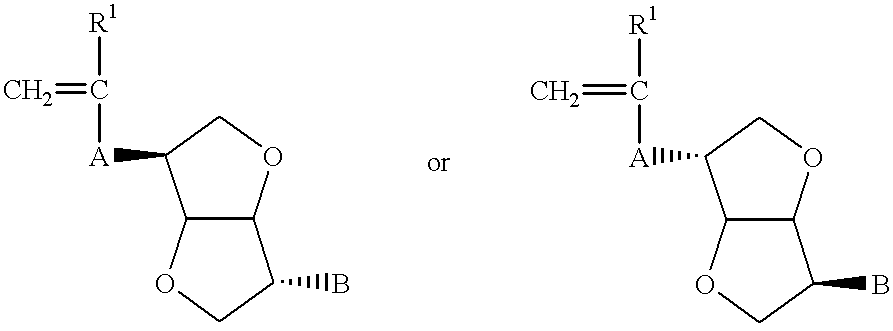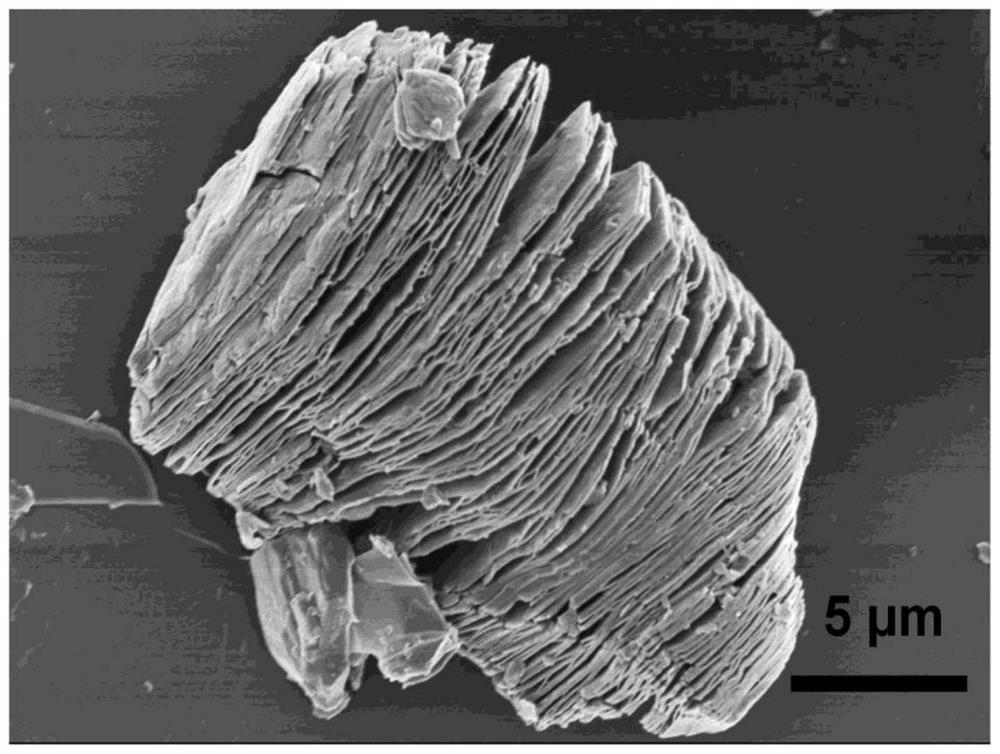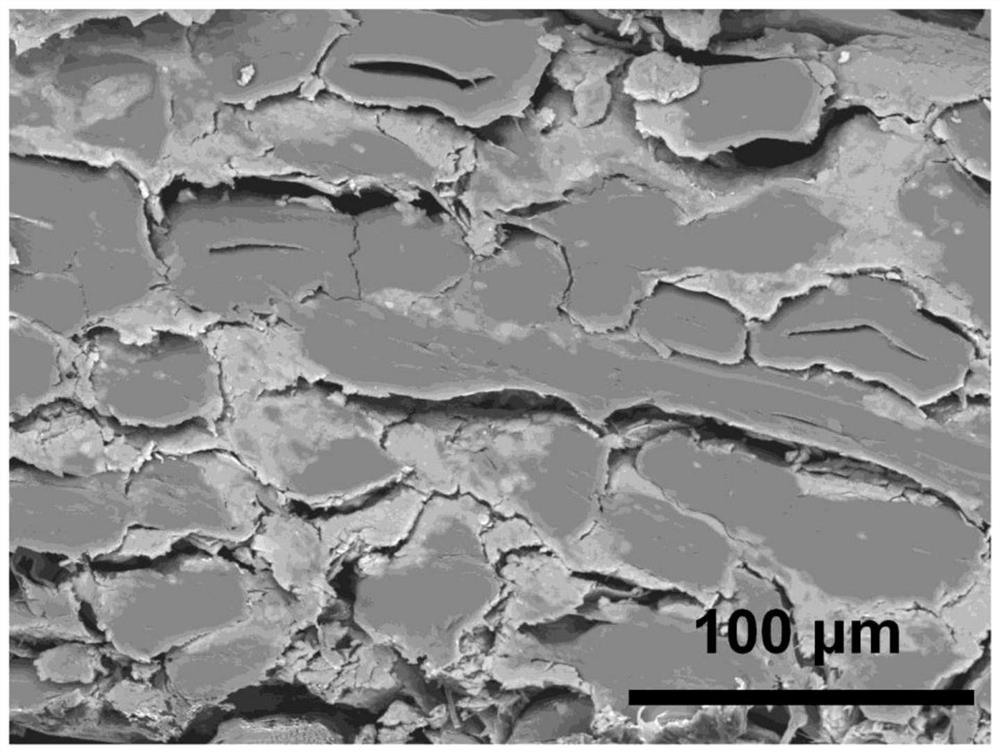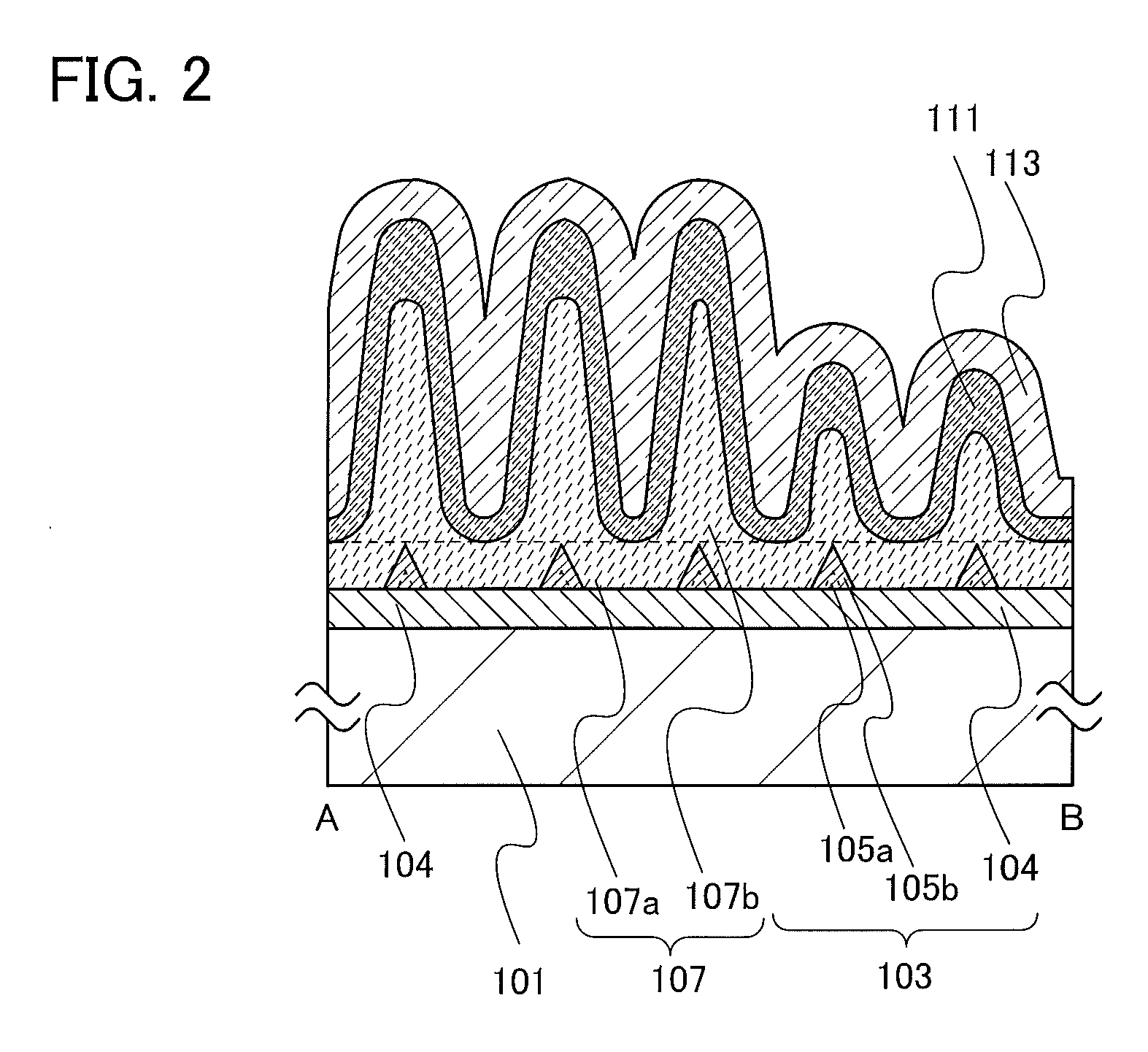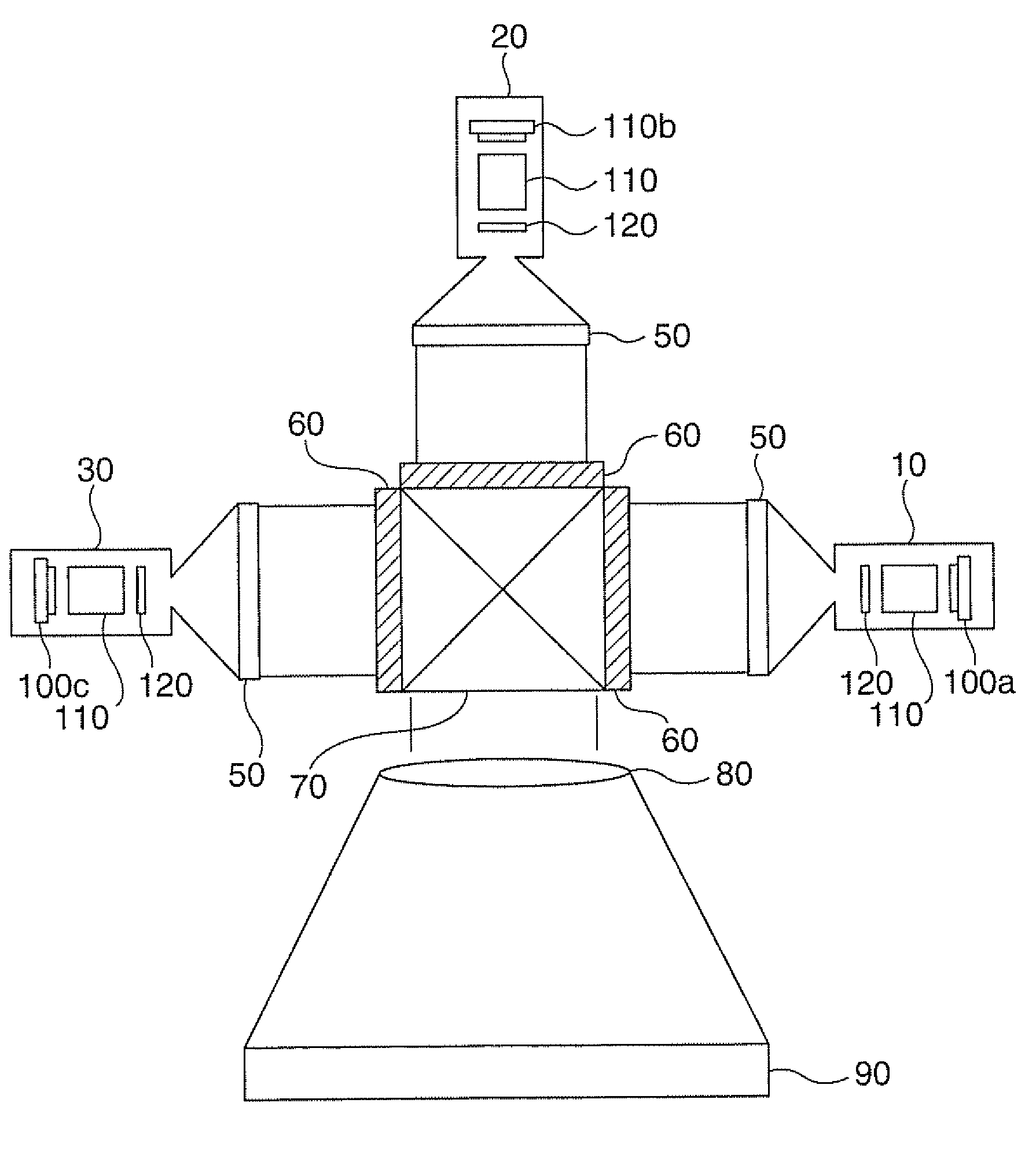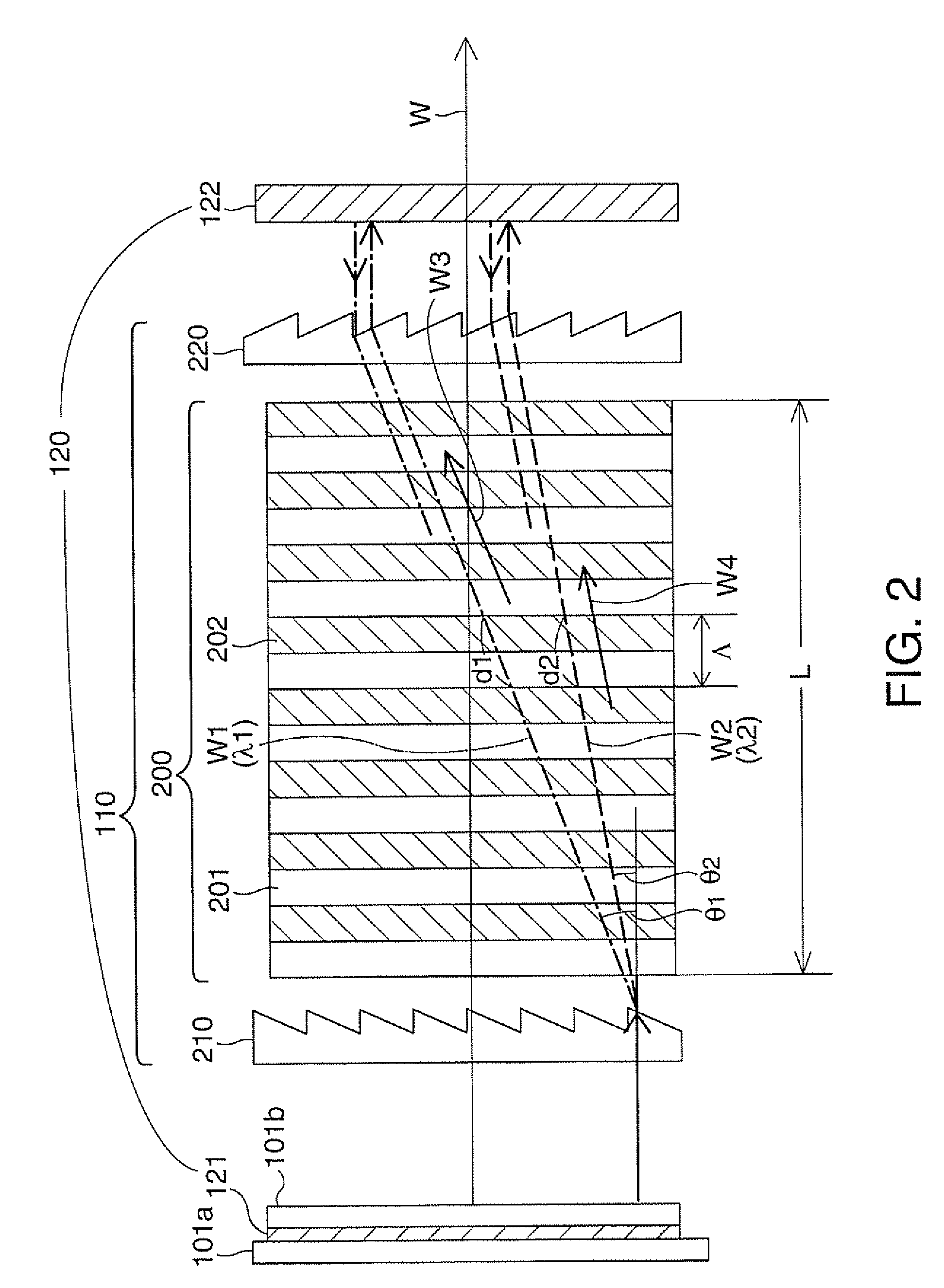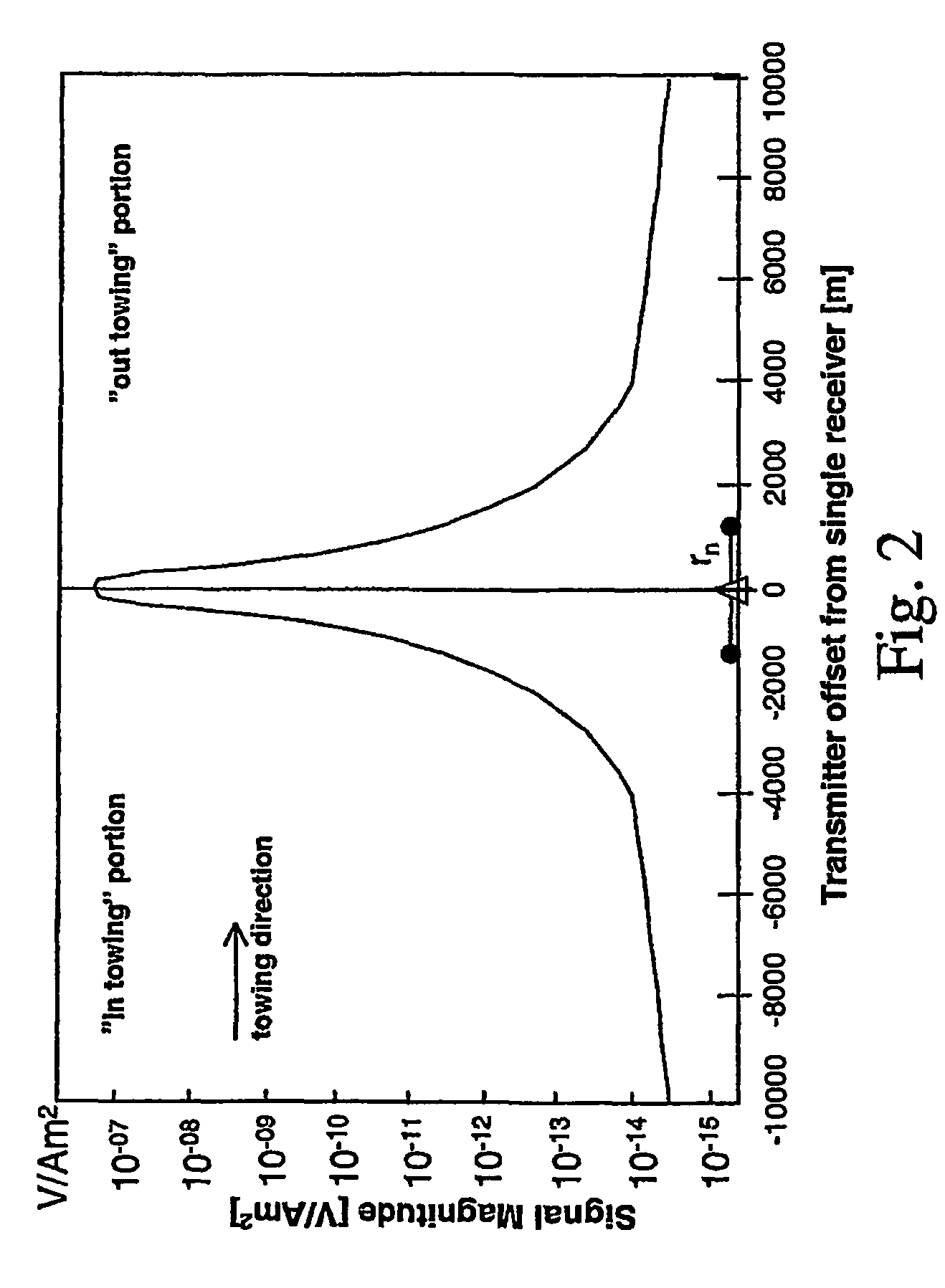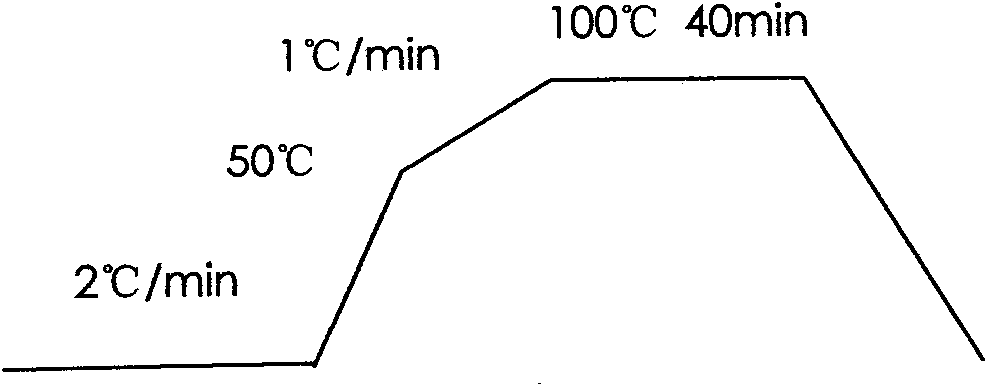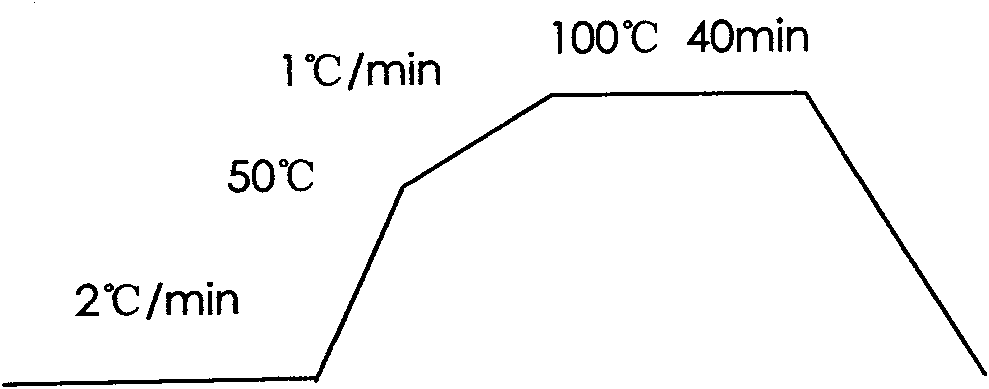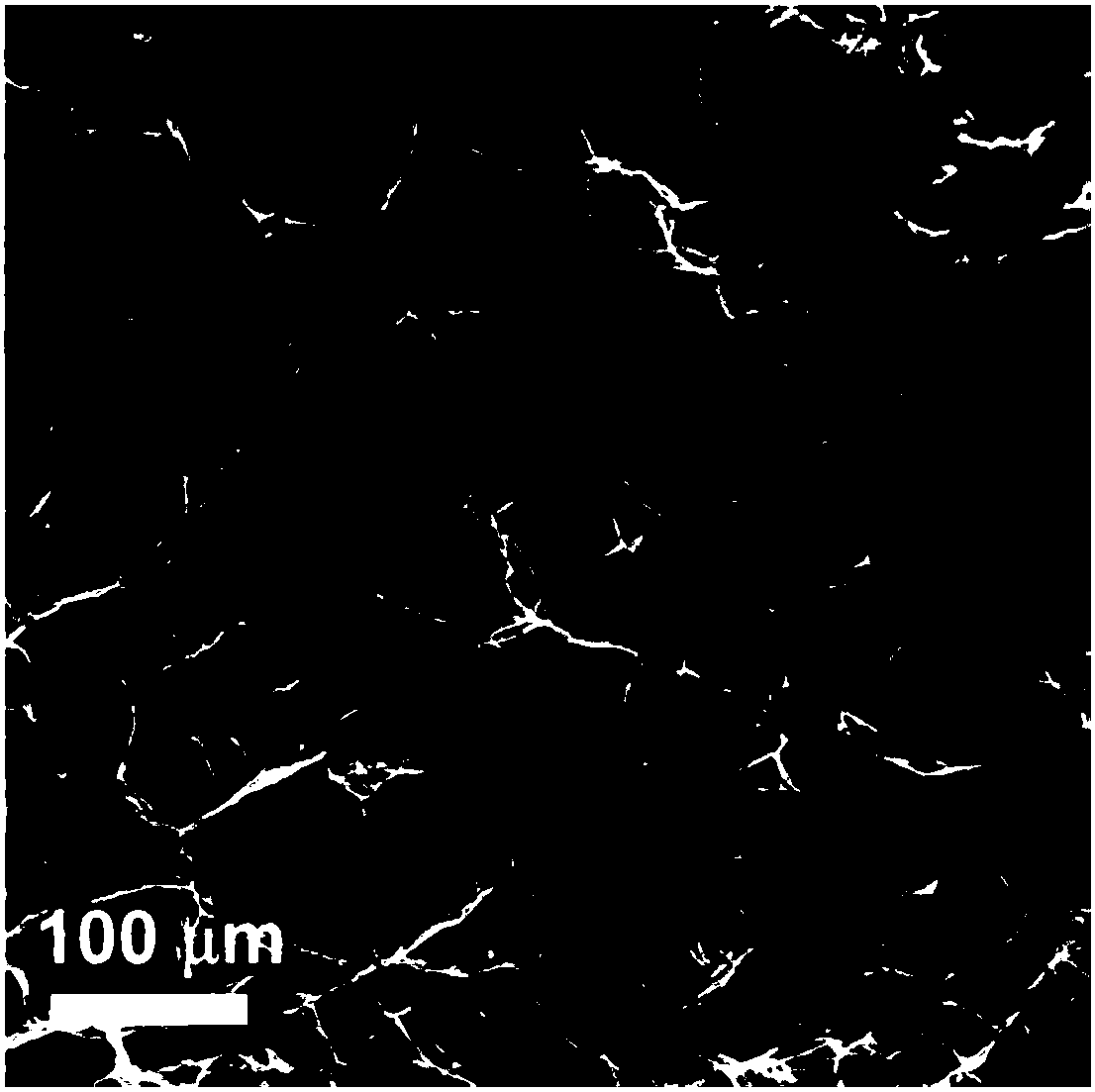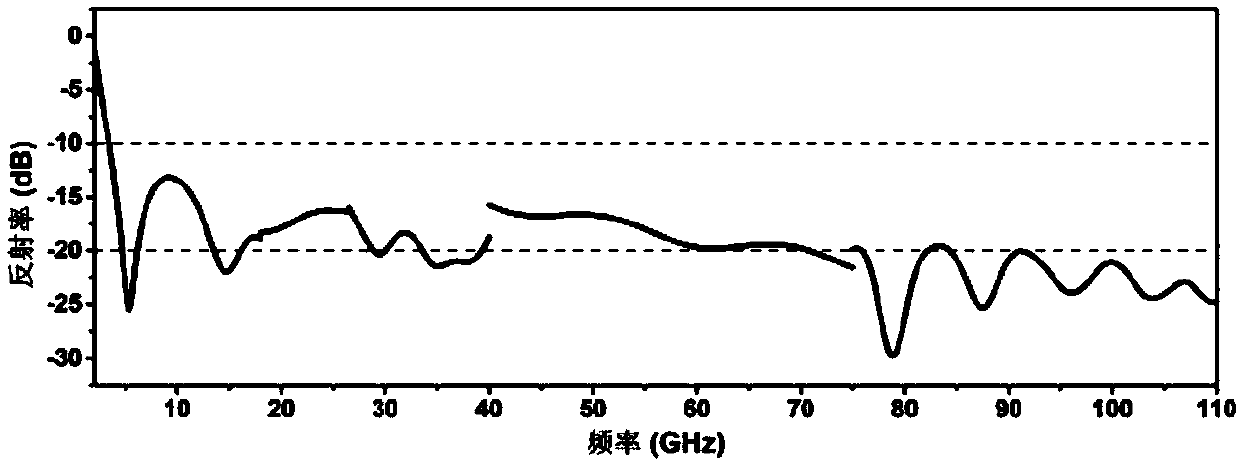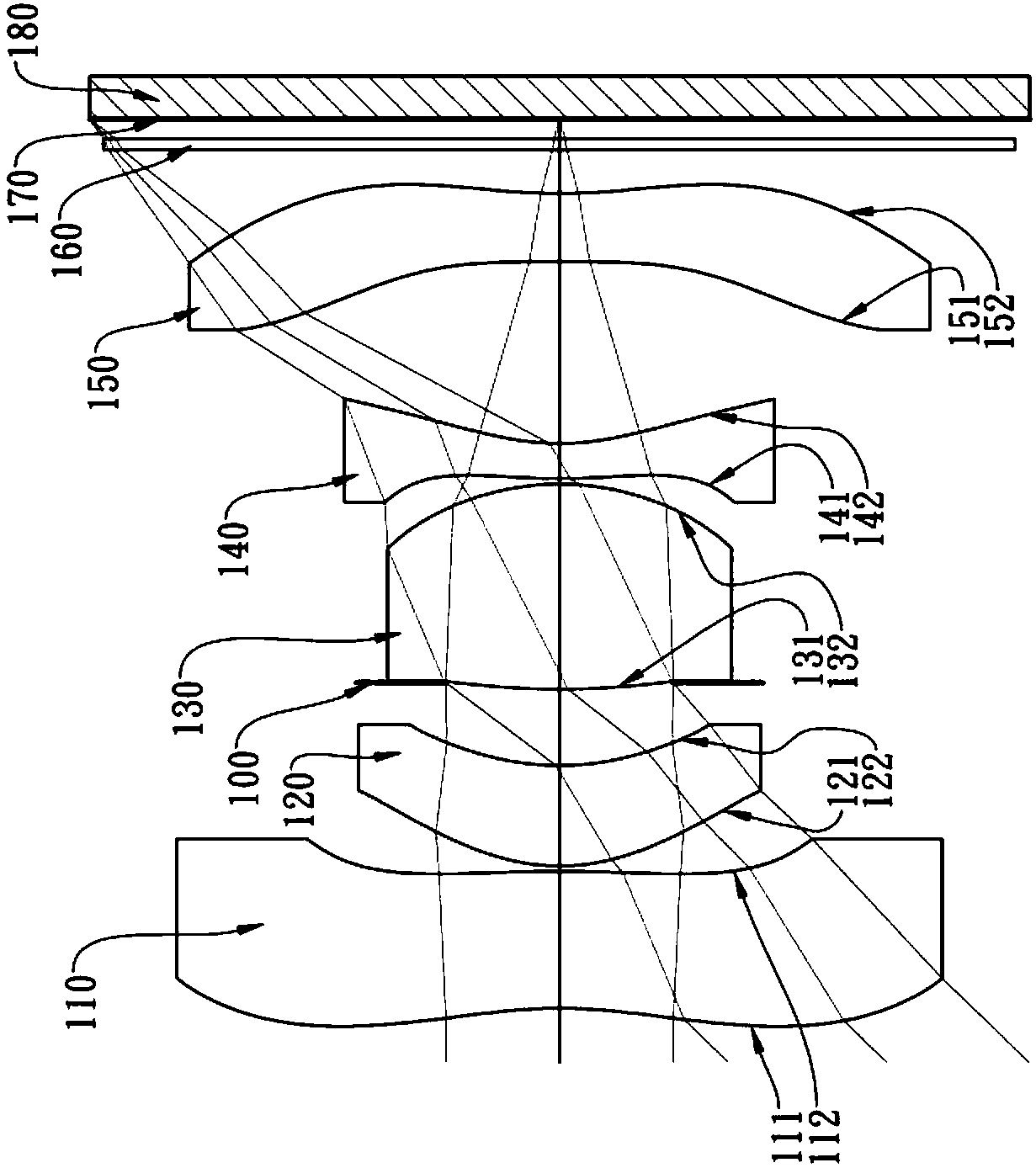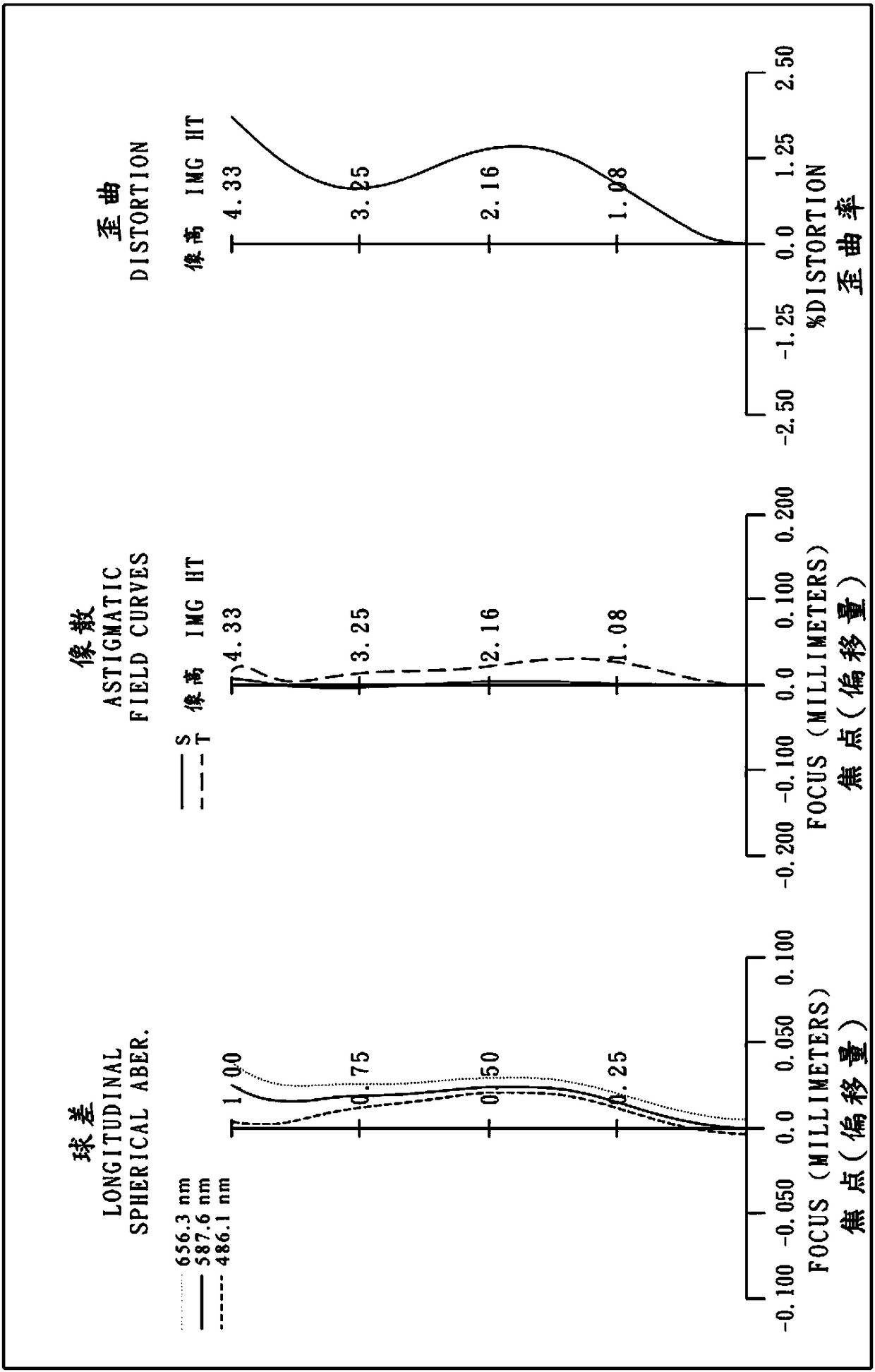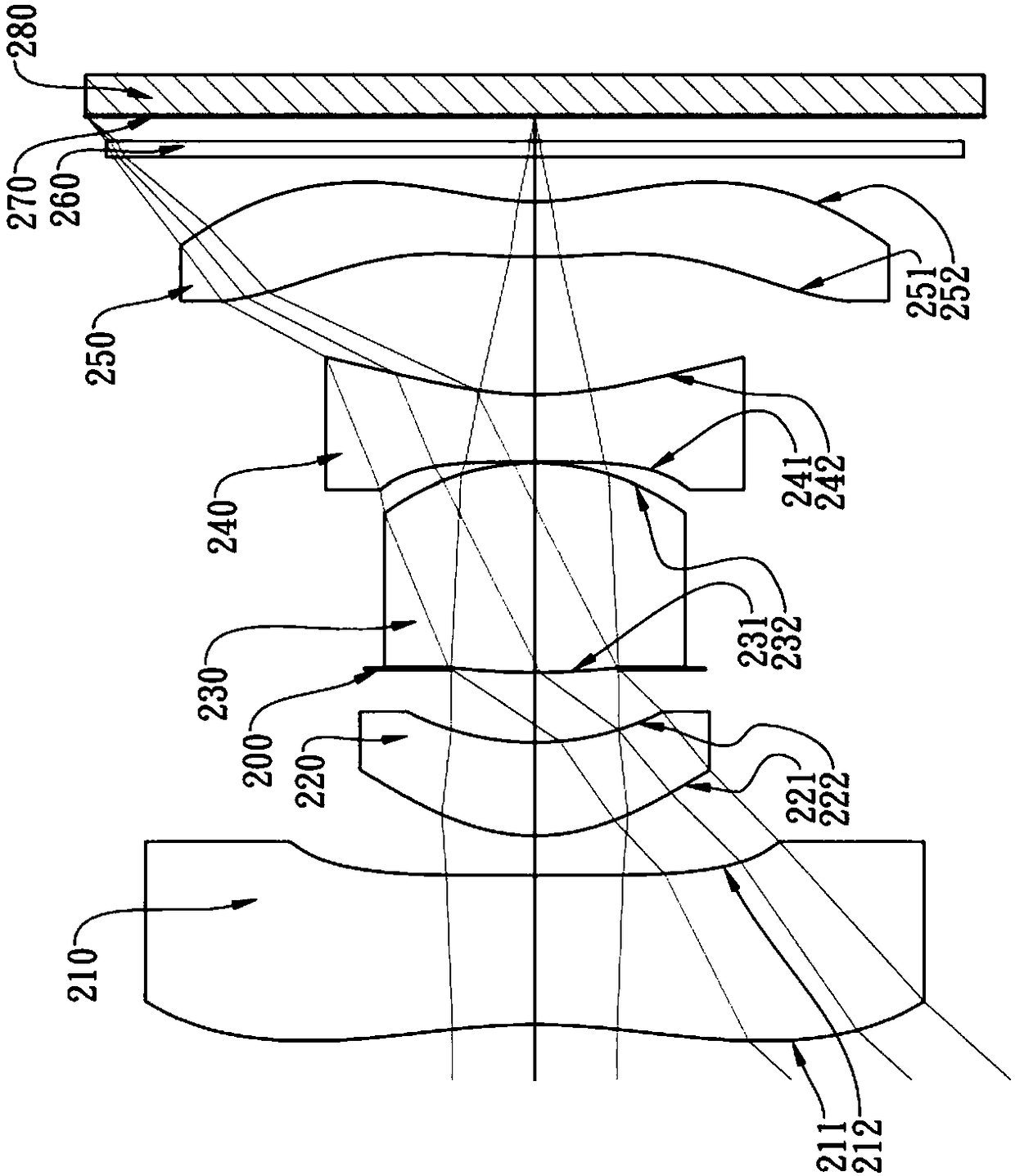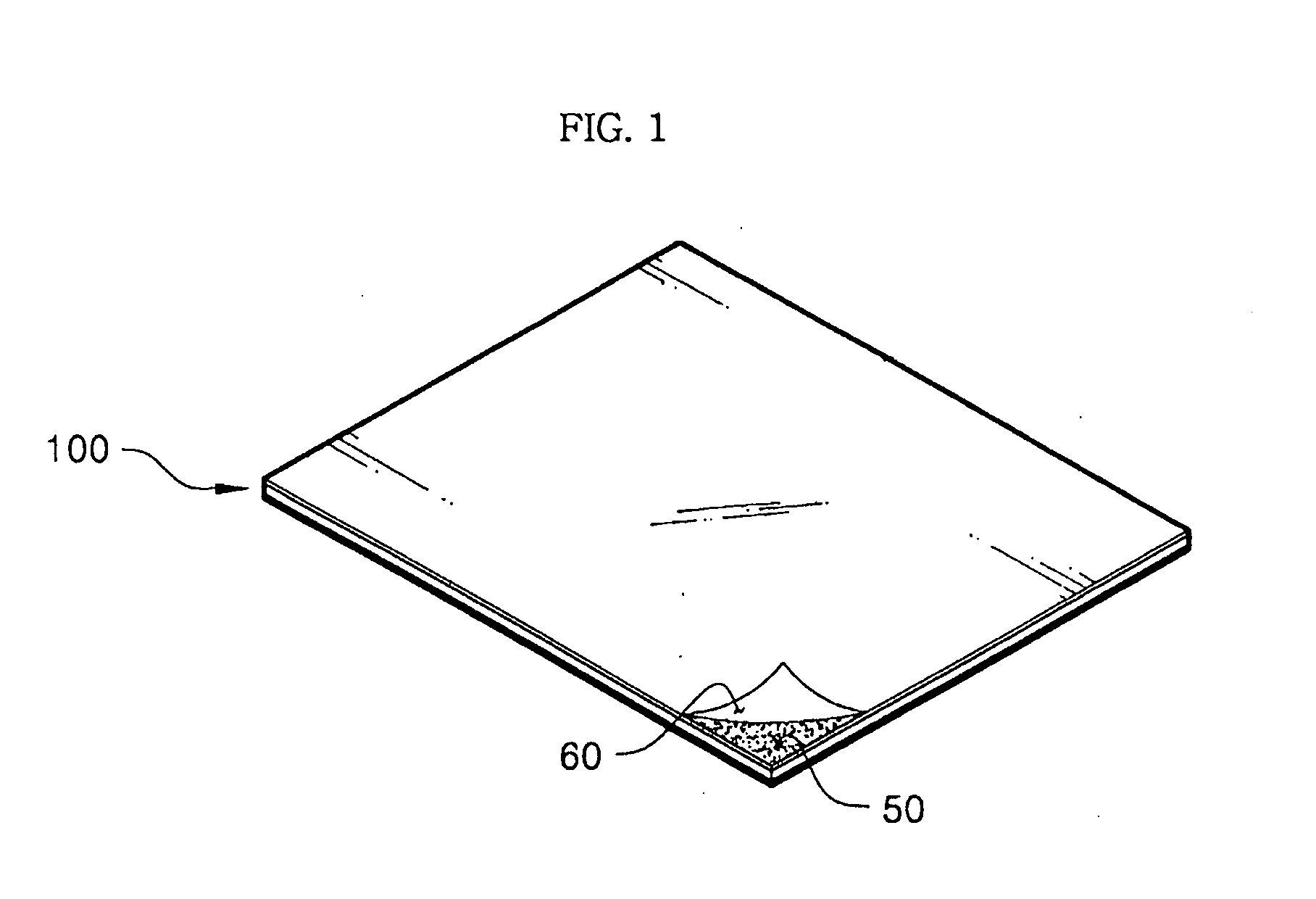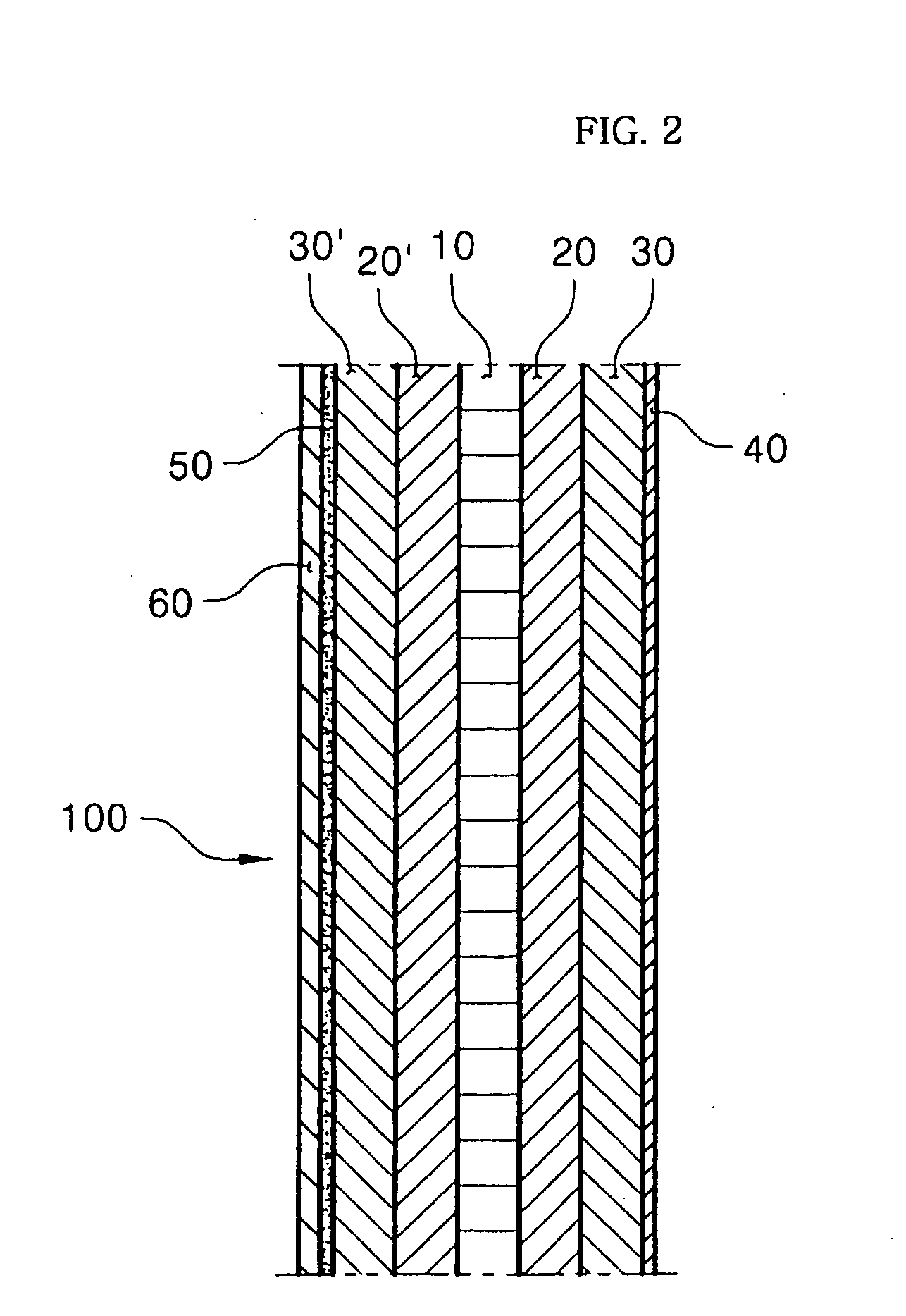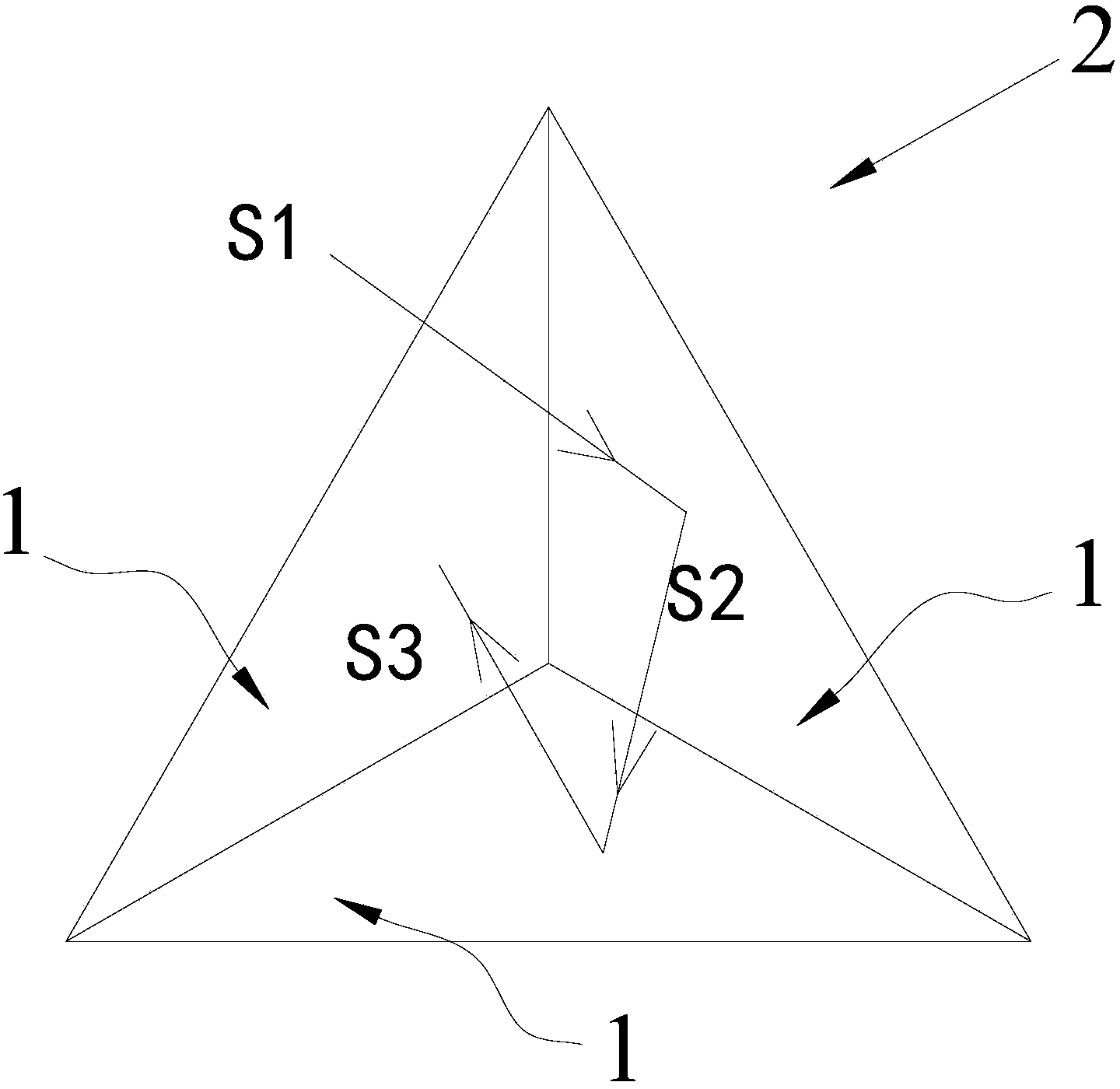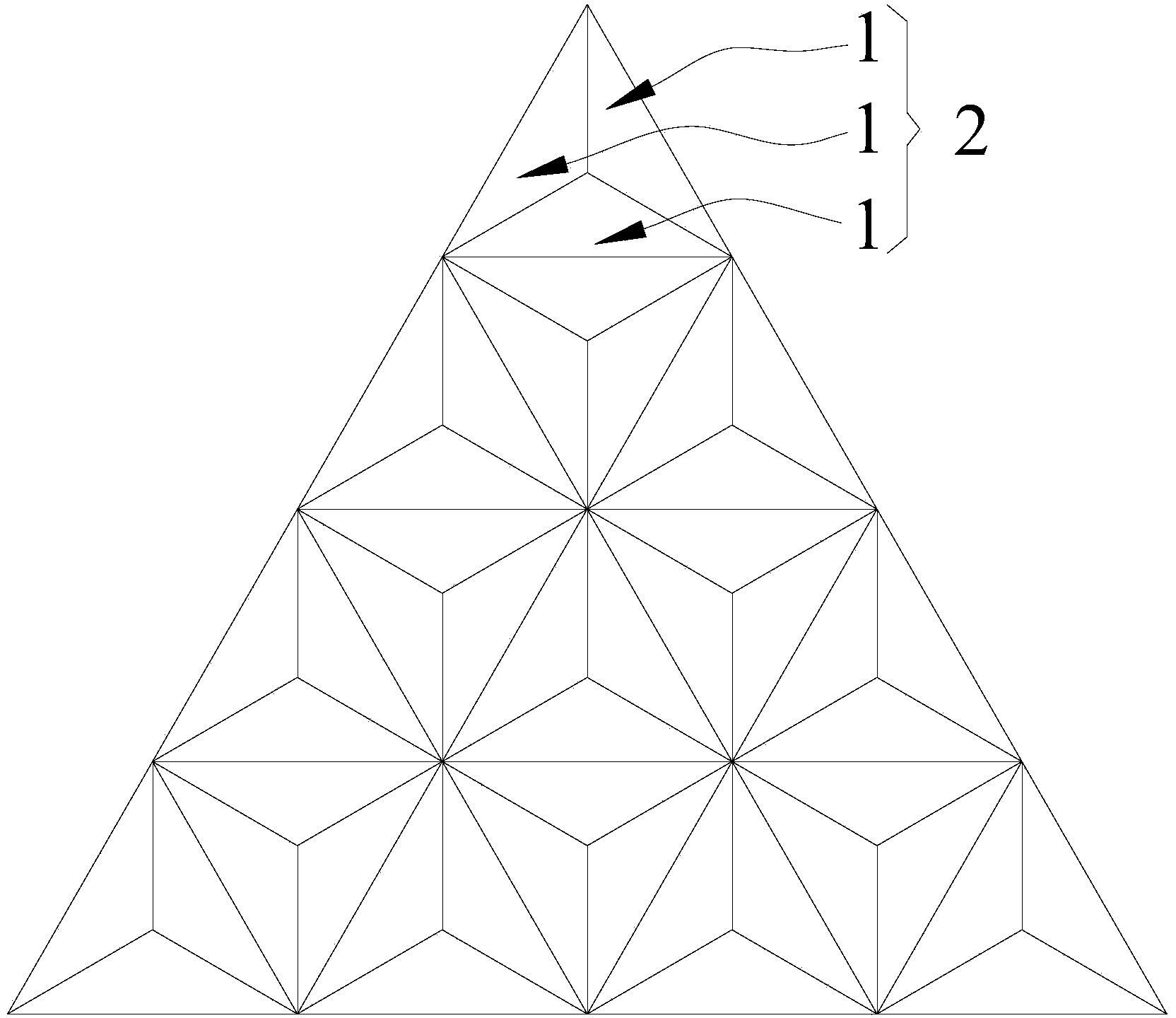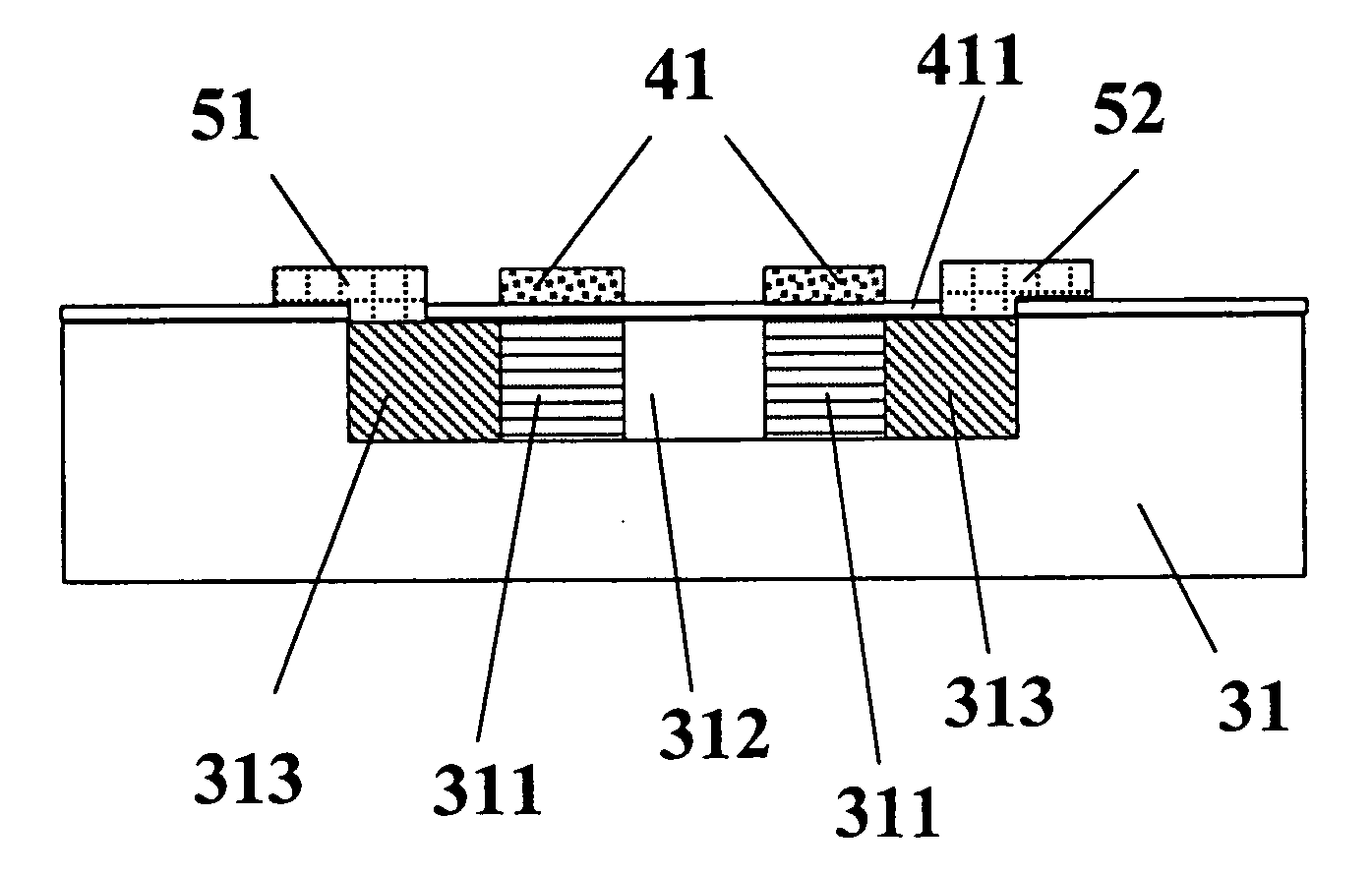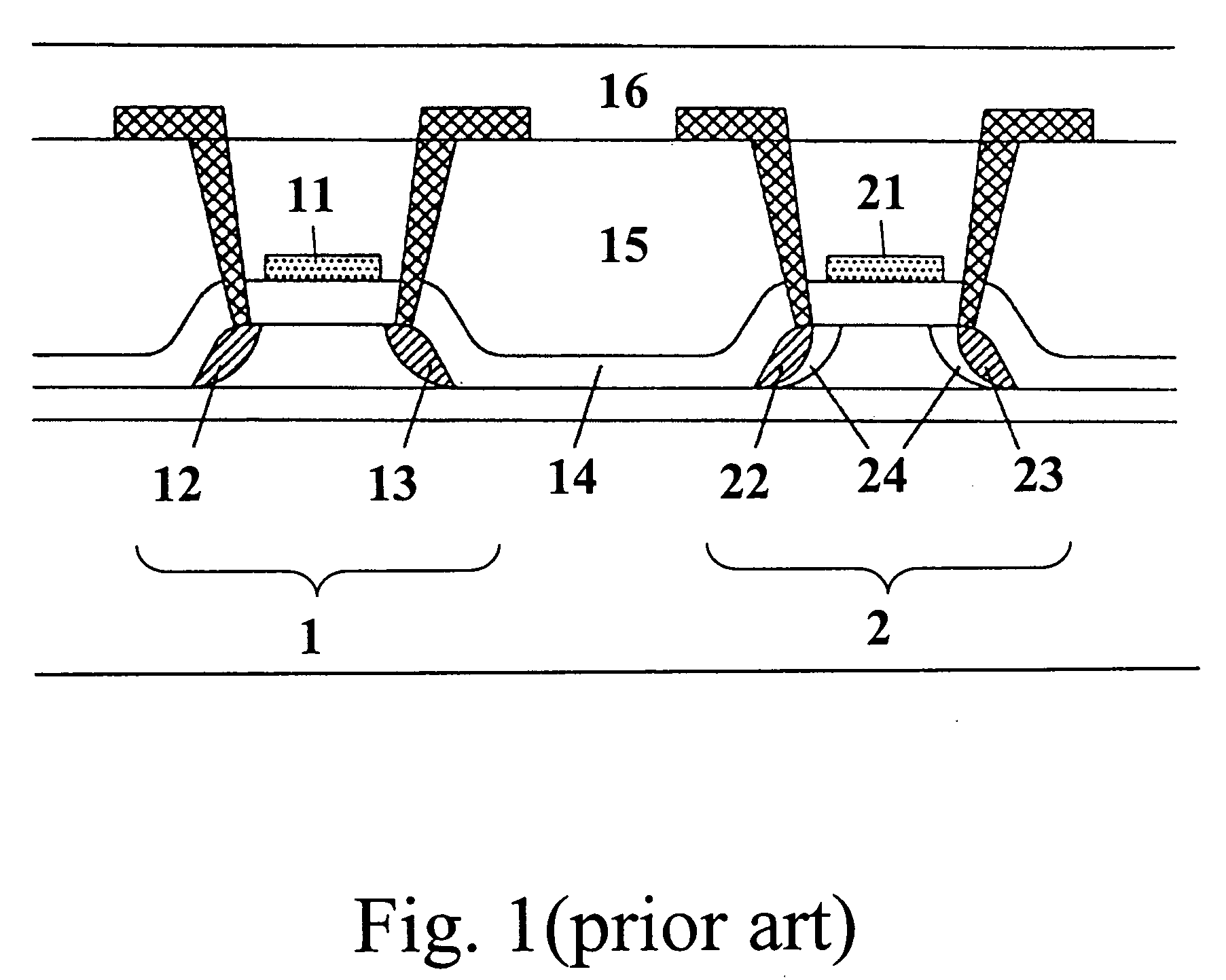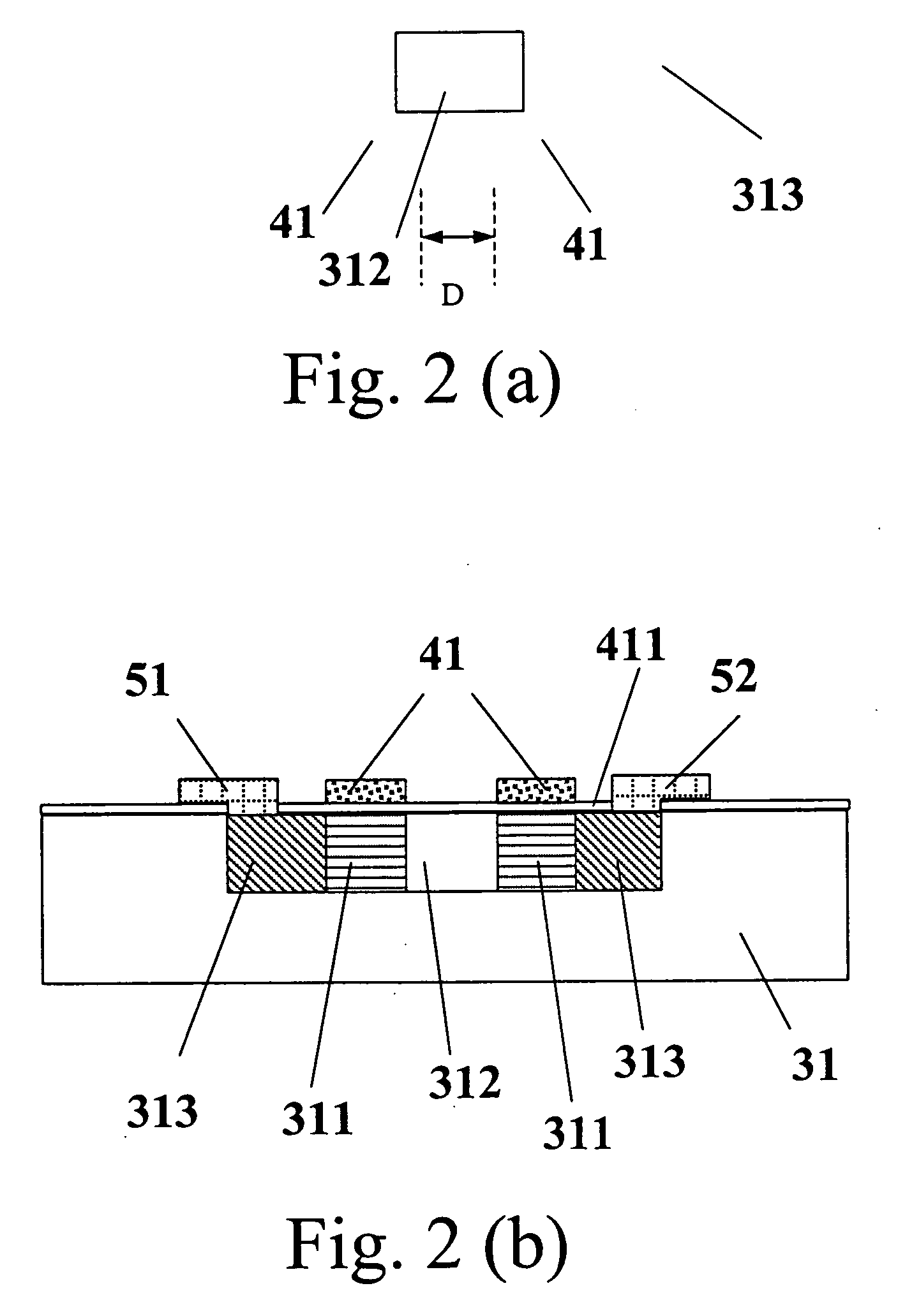Patents
Literature
Hiro is an intelligent assistant for R&D personnel, combined with Patent DNA, to facilitate innovative research.
91results about How to "Reduce surface reflection" patented technology
Efficacy Topic
Property
Owner
Technical Advancement
Application Domain
Technology Topic
Technology Field Word
Patent Country/Region
Patent Type
Patent Status
Application Year
Inventor
Display device and electronic equipment having the same comprising a region for reflecting a polarized light and a region for absorbing the polarized light
ActiveUS7268841B2Restrain deterioration of visibilityImprove robustnessStatic indicating devicesNon-linear opticsDisplay deviceElectron
A display device 100 has a display unit 110 and a display switching unit 120. The display switching unit 120 is provided with a reflective polarizing plate 121, a liquid crystal panel 122, and a polarizing plate 123 arranged in this order from the side of the display unit 110 to the observation side. By controlling the liquid crystal panel 122, the display switching unit can be switched between a light transmissive state and a light reflective state. The display unit 110 and the display switching unit 120 are optically adhered to each other by an adhesive layer 131. Thus, deterioration of the contrast by boundary reflection can be restrained, and the flatness and the rigidity of the device can be improved.
Owner:BOE TECH GRP CO LTD
Thin film transistor with self-aligned intra-gate electrode
InactiveUS7009204B2Minimizes problemGood imaging propertiesTransistorSolid-state devicesActive-matrix liquid-crystal displayLiquid-crystal display
A thin film transistor for use in an active matrix liquid crystal display includes a substrate, a source and a drain regions, and at least a gate electrode. The substrate includes therein a plurality of intrinsic regions, at least one first doped region and two second doped regions. The first doped region is disposed between the plurality of intrinsic regions. The plurality of intrinsic regions are linked together to form a connection structure via the first doped region, and the two second doped regions are disposed at both ends of the connection structure, respectively. The source and the drain regions are coupled to the two second doped regions disposed at both ends of the connection structure, respectively. The gate electrode is disposed over the plurality of intrinsic regions, such that the periphery of each of the plurality of intrinsic regions and the periphery of a corresponding gate electrode are substantially aligned with each other.
Owner:INNOLUX CORP
Absorbing wire grid polarizer
InactiveUS20100302481A1Reduce surface reflectionReducing the fraction of metal that is exposedVacuum evaporation coatingOptical articlesPhysicsElectromagnetic shielding
A polarizer consisting of a wire grid that includes a plurality of wires aligned in parallel. From at least one side of the wire grid, the wire grid intrinsically mainly absorbs electromagnetic energy having a polarization direction parallel to the wires and mainly transmits electromagnetic energy having a polarization direction perpendicular to the wires.
Owner:SHARP KK
Quantum dot liquid crystal display device
ActiveCN105223724AFix low contrastImprove viewing comfortNon-linear opticsLiquid-crystal displayLight guide
The invention provides a quantum dot liquid crystal display device. A color film substrate (10) of a quantum dot liquid crystal display device comprises a first substrate (11), a quantum dot color filter (12) arranged on the first substrate (11), close to the side of a liquid crystal layer 30, a one-way light guide film (13) arranged on the first substrate (11), far away from the side of the liquid crystal layer 30, and an anti-reflection film (14) arranged on the one-way light guide film (13). The one-way light guide film (13) can prevent light rays from entering the internal of the liquid crystal display device and motivating quantum dots, so as to solve problems of contrast reduction and color cast caused by excitation of natural light on the quantum dots. The anti-reflection film (14) can solve problems of glare of a liquid crystal display panel and reflective images, so as to improve watching comfort level of lookers. Thus, the quantum dot liquid crystal display device has high contrast and low surface reflection, double images and glare dazzling phenomenon do not exist, and watching comfort level is high.
Owner:TCL CHINA STAR OPTOELECTRONICS TECH CO LTD
Display device, manufacturing method thereof, and electronic device
ActiveUS20140284576A1Improve display qualityReducing reflection of external lightSolid-state devicesSemiconductor/solid-state device manufacturingDisplay deviceOptical pathlength
A display device that includes a reflective electrode; a transparent electrode; a partition; an EL layer formed over the partition and the transparent electrode; a semi-transmissive electrode formed over the EL layer; and a coloring layer over the semi-transmissive electrode. A light-emitting region is formed to overlap with the transparent electrode, the EL layer, the semi-transmissive electrode, and the coloring layer. A non-light-emitting region is formed to overlap with the transparent electrode, the partition, the EL layer, and the coloring layer. The non-light-emitting region is formed to surround the light-emitting region. The sum of the optical length of the transparent electrode and the optical length of the EL layer is adjusted to fulfil a condition of a microcavity intensifying light of the color of the coloring layer. The optical length of the partition in the non-light-emitting region is adjusted to weaken external light incident through the coloring layer.
Owner:SEMICON ENERGY LAB CO LTD +1
Projection-type image display apparatus
InactiveUS20050122481A1True colorCorrecting nonuniformity of luminanceTelevision system detailsStatic indicating devicesComputer graphics (images)Contrast ratio
An object of the present invention is to provide a projection-type image display apparatus improved in contrast. In order to achieve the above object, the present invention includes multiple LED elements, a controller for conducting control so that part of the multiple LED elements emit light, an image display element for forming a desired optical image from the light emitted from part of the LED elements, and a projector for projecting the optical image formed by the image display element.
Owner:HITACHI LTD
Photoelectric Conversion Device and Manufacturing Method Thereof
InactiveUS20110308591A1Reduce light lossImprove conversion efficiencySiliconSemiconductor/solid-state device manufacturingNanowireSemiconductor package
A photoelectric conversion device with a novel anti-reflection structure. In the photoelectric conversion device, a front surface of a semiconductor substrate which serves as a light-receiving surface is covered with a group of whiskers (a group of nanowires) so that surface reflection is reduced. In other words, a semiconductor layer which has a front surface where crystals grow so that whiskers are formed is provided on the light-receiving surface side of the semiconductor substrate. The semiconductor layer has a given uneven structure, and thus has effects of reducing reflection on the front surface of the semiconductor substrate and increasing conversion efficiency.
Owner:SEMICON ENERGY LAB CO LTD
Multi-layer structure with potassium ionomer
InactiveUS20060057318A1Easy to useHigh bonding strength between layersCovering/liningsSynthetic resin layered productsIonomerSurface layer
The present invention relates to a multi-layer structure constructed of two or more layers including a potassium ionomer layer (X) having a low surface resistivity and a layer (Y) comprising a polymer material having a high surface resistivity like LLDPE as a surface layer, where the static charge decay characteristics of the layer (Y) is improved. This type of two layer or three layer structure having the layer (X) as its intermediate layer or another surface layer gives good slip characteristics, abrasion resistance, and dust-free characteristics, and hence is useful for packaging materials, such as films, sheets and containers.
Owner:MITSUI LTD
Optical image capturing lens assembly, imaging apparatus and electronic device
An optical image capturing lens assembly includes six lens elements, the six lens elements being, in order from an object side to an image side: a first lens element with negative refractive power, a second lens element with positive refractive power, a third lens element with negative refractive power, a fourth lens element with positive refractive power, a fifth lens element, and a sixth lens element with negative refractive power.
Owner:LARGAN PRECISION
Image system lens assembly, image capturing unit and electronic device
ActiveUS20190079270A1Reduce surface reflectionAvoid problemsTelevision system detailsColor television detailsImage systemPhysics
An image system lens assembly includes seven lens elements which are, in order from an object side to an image side: a first lens element, a second lens element, a third lens element, a fourth lens element, a fifth lens element, a sixth lens element and a seventh lens element. At least one surface among object-side surfaces and image-side surfaces of the fifth lens element, the sixth lens element and the seventh lens element has at least one critical point in an off-axis region thereof.
Owner:LARGAN PRECISION
Direct printing method of low-temperature plasma processed fabric
InactiveCN103437225AStrong penetrating powerPromote absorptionDyeing processEngineeringLow temperature plasma
The invention discloses a direct printing method of a low-temperature plasma processed fabric. The method comprises the following steps: firstly, finishing a fabric to be printed by low-temperature plasma processing equipment; fully coating a quaternary ammonium salt solution on the surface to be printed of the fabric by a sizing tool of a first color register in roll coating equipment or printing equipment; then orderly printing color pastes of other color registers on the surface to be printed of the fabric by printing equipment according to patterns designed in advance; and finally fixing, washing and sizing to obtain the finished product. An experiment indicates that compared with that of direct printing of a fabric which is not processed by plasmas, the apparent color yield K / S of direct printing of the low-temperature plasma processed fabric disclosed by the invention is improved by 10%-50%.
Owner:福建省华奇环保印花有限公司
Optically active monomer, liquid crystal polymer, and optical element
InactiveUS20010003359A1Reducing surface reflection lossImprove efficiencyLiquid crystal compositionsOrganic chemistryLiquid-crystal displayHydrogen atom
To obtain a monomer having a large torsion force, to obtain a liquid crystal polymer which is excellent in a film-forming property, can easily control a helical pitch of a cholesteric phase, can form a grandjean orientation in a good monodomain state by an orientation treatment in a short time such as few minutes, and can stably fix it in a glass state, and to obtain an optical element having a circular dichroism, represented by the following formula (a), comprising a solidified product of the liquid crystal polymer, which is thin and light, is hard to change the oriented state such as pitch, etc., at a practical temperature, and has excellent durability and storage stability. An optically active monomer represented by (wherein R1 represents a hydrogen atom or a methyl group, and A and B represent an organic group); a side chain type liquid crystal polymer having a structural unit comprising the optically active monomer; and an optical element showing a circular dichroism having a solidified layer of a grandjean oriented cholesteric liquid crystal phase comprising the liquid crystal polymer.
Owner:IZUMI KYOKO +2
Organic light emitting display device and fabricating method using the same
ActiveCN105633119AIncrease distanceReduce distanceSolid-state devicesSemiconductor/solid-state device manufacturingParasitic capacitanceDisplay device
Provided are an organic light emitting display device and a fabricating method using the same. The organic light emitting display device (100) and a fabrication method comprising a touch electrode layer (150) including touch electrodes (152) and touch lines (155) on an upper substrate (130) which are directly formed on the upper substrate (130) to secure a large distance between the touch electrodes (152) and cathode as well as minimize a distance between the upper and lower substrates (110, 130), thereby widening the viewing angle of an image while reducing a parasitic capacitance.
Owner:LG DISPLAY CO LTD
Imaging optical lens, imaging apparatus and electronic device
Owner:LARGAN PRECISION
Composite element and method for preparation thereof
InactiveUS6878450B2Lower refractive indexSurface reflection be reduceOther chemical processesVacuum evaporation coatingTransmittanceComposite element
This invention provides a composite device whereby surface reflection and interference colors can be inhibited, photocatalytic decomposition performance may be improved and hydrophilicity-acquiring rate may be improved. A mixture film (14) is deposited on the surface of a base (12). The mixture film (14) is a colorless and transparent mixture film with a high light transmittance made of a mixture of boron oxide and photocatalytic titanium oxide.
Owner:MURAKAMI CORP
Optical element, lens unit, imaging module, electronic apparatus, and method of manufacturing optical element
InactiveUS20160370580A1Surface reflection be reduceAvoid ghostingOptical elementsBlock layerBlocking layer
A method of manufacturing an optical element as defined herein, includes: coating, by an ink jet method, the part of the surface of the optical base member with an ink which contains a light blocking material containing the particles while sequentially shifting, by an interval of T, an area of the surface of the optical base member to be coated with the ink, to form the concave-convex shape of the light blocking layer on the part of the surface of the optical base member.
Owner:FUJIFILM CORP
Plasma display device with shielding parts on transparent electrodes
InactiveUS7012370B2Raise the ratioReduce surface reflectionAddress electrodesSustain/scan electrodesDisplay deviceContrast ratio
A plurality of discharge electrodes having transparent electrodes connected to bus electrodes are arranged on the inner side of a front substrate. Alternatively, discharge electrodes having transparent electrodes and capable of discharging between their respective neighboring electrodes on both sides are arranged on the inner side of the front substrate. The front substrate is provided on the side of the display surface where discharge-generated light radiates out to the exterior. Shielding parts for shielding incident light from the exterior are formed on the transparent electrodes, or along the front substrate. Accordingly, the shielding parts reduce the surface reflection to improve the bright room contrast ratio. Forming the shielding parts with the same material as that of the bus electrodes prevents fabrication processes from becoming complicated. The areas of the shielding parts can be varied with the luminescent colors of cells, to change the luminescent brightness by the cell.
Owner:HITACHI LTD
MRT film filter and plasma display apparatus having the same
InactiveUS20060286371A1Simple interfaceReduce surface reflectionMagnetic/electric field screeningSynthetic resin layered productsAdhesiveDisplay device
Provided is an MRT film filter that has improved interface characteristics, produces fewer dual images, and has reduced manufacturing costs. The MRT film filter includes: a base filter; an anti-glare layer disposed on top of the base film; a conductive layer that is disposed on one side of the base film and blocks electromagnetic waves; an MRT film disposed below the base film to be adhered to a flat display apparatus; and an adhesive adapted to fix the MRT film to the base film. Also provided is a plasma display device comprising the MRT film filter.
Owner:SAMSUNG SDI CO LTD
Optically active monomer, liquid crystal polymer, and optical element
InactiveUS6248259B1Easy to getReduce surface reflectionLiquid crystal compositionsOrganic chemistryLiquid-crystal displayHydrogen atom
To obtain a monomer having a large torsion force, to obtain a liquid crystal polymer which is excellent in a film-forming property, can easily control a helical pitch of a cholesteric phase, can form a grandjean orientation in a good monodomain state by an orientation treatment in a short time such as few minutes, and can stably fix it in a glass state, and to obtain an optical element having a circular dichroism, represented by the following formula (a), comprising a solidified product of the liquid crystal polymer, which is thin and light, is hard to change the oriented state such as pitch, etc., at a practical temperature, and has excellent durability and storage stability.An optically active monomer represented by(wherein R1 represents a hydrogen atom or a methyl group, and A and B represent an organic group); a side chain type liquid crystal polymer having a structural unit comprising the optically active monomer; and an optical element showing a circular dichroism having a solidified layer of a grandjean oriented cholesteric liquid crystal phase comprising the liquid crystal polymer.
Owner:NITTO DENKO CORP
Method for improving electromagnetic shielding performance of MXene-based composite fabric material
PendingCN111993725AHigh electromagnetic shieldingGood electromagnetic shieldingLamination ancillary operationsSynthetic resin layered productsComposite materialCeramic materials
The invention relates to a method for improving the electromagnetic shielding performance of an MXene-based composite fabric material, and aims to overcome the defects of low absorption and shieldingefficiency, poor flexibility, complex preparation process and the like of an electromagnetic shielding material on the market at present. The method comprises the following steps: etching an MAX phasemicron sheet by using a chemical etching method to prepare a few layers of MXene dispersion liquid, dip-coating a fabric material, carrying out gradient arrangement on multiple layers of fabric materials coated with MXene according to the MXene content, and compounding to obtain the MXene-based composite fabric material. The total electromagnetic shielding performance of the prepared composite fabric material can reach 91 decibels, the absorption and reflection shielding efficiency can be adjusted through different gradient structures, and the electromagnetic shielding characteristic mainly based on absorption is achieved.
Owner:SUZHOU UNIV
Photoelectric conversion device and method for manufacturing the same
InactiveUS20110308589A1Improve characteristicUneven surfaceFinal product manufactureSemiconductor/solid-state device manufacturingContaminationPhotoelectric conversion
An object of the present invention is to provide a photoelectric conversion device having a novel anti-reflection structure. An uneven structure is formed on a surface of a semiconductor by growth of the same or a different kind of semiconductor instead of forming an anti-reflection structure by etching a surface of a semiconductor substrate or a semiconductor film. For example, a semiconductor layer including a plurality of projections is provided on a light incident plane side of a photoelectric conversion device, thereby considerably reducing surface reflection. Such a structure can be formed by a vapor deposition method; therefore, the contamination of the semiconductor is not caused.
Owner:SEMICON ENERGY LAB CO LTD
Wavelength conversion element, light source device, image display device, and monitor device
InactiveUS20080186710A1Stable output powerReduce surface reflectionLaser detailsStatic indicating devicesHarmonicDisplay device
A wavelength conversion element includes a second harmonic wave generating element provided with an entrance surface and an emission surface, a function of converting an incident fundamental wave into a second harmonic wave with a different wavelength and emitting the second harmonic wave, and a cyclic polarization inversion structure configured so as to be able to match a phase of the second harmonic wave in a pseudo manner, and a first wavelength dispersive optical element disposed on the entrance surface side of the second harmonic wave generating element, having a first diffraction surface for diffracting an incident light beam with a diffraction angle increasing in accordance with a wavelength of an incident light beam to disperse the incident light beam by the wavelength of the incident light beam, and for emitting the light beam dispersed in the first diffraction surface towards the second harmonic wave generating element.
Owner:SEIKO EPSON CORP
Display device, manufacturing method thereof, and electronic device
ActiveUS9343515B2Reduce reflectionReduce surface reflectionDischarge tube luminescnet screensLamp detailsDisplay deviceOptoelectronics
A display device that includes a reflective electrode; a transparent electrode; a partition; an EL layer formed over the partition and the transparent electrode; a semi-transmissive electrode formed over the EL layer; and a coloring layer over the semi-transmissive electrode. A light-emitting region is formed to overlap with the transparent electrode, the EL layer, the semi-transmissive electrode, and the coloring layer. A non-light-emitting region is formed to overlap with the transparent electrode, the partition, the EL layer, and the coloring layer. The non-light-emitting region is formed to surround the light-emitting region. The sum of the optical length of the transparent electrode and the optical length of the EL layer is adjusted to fulfill a condition of a microcavity intensifying light of the color of the coloring layer. The optical length of the partition in the non-light-emitting region is adjusted to weaken external light incident through the coloring layer.
Owner:SEMICON ENERGY LAB CO LTD +1
Method for electromagnetic geophysical surveying of subsea rock formations
ActiveUS8299794B2Eliminate reflectionsReduce surface reflectionDetection using electromagnetic wavesAcoustic wave reradiationOcean bottomSurveyor
A method for electromagnetic geophysical surveying of rock formations (1) under a sea-floor (3) comprising the following steps: *—towing first and second alternating field (E1, E2) emitting sources (s1, S2) in first and second depths below the sea surface, said first field (E1) having a first phase (Φ1);—said second alternating field (E2) given a second phase (Φ2) different from said first phase (Φ1), said sources (S1, S2) constituting a phased array emitter antenna with directivity for transmitting a major proportion of the combined electromagnetic energy downwards;—said first and second fields (E1, E2) for propagating partly down through the sea-floor (3) and being reflected and / or refracted through said rock formations (1) and partly propagating back through the seafloor (3);—said first and said second fields (E1, E2) for merging to a total field and being measured by electromagnetic receivers (r1, r2, . . . , rn) recording corresponding field registrations (Er1(t), Er2(t), Er3(t), . . . , Ern(t)).
Owner:NORSK HYDRO ASA +1
Method for darkly dyeing PLA (polylactic acid) filament yarn fabrics
ActiveCN101871163ASolve the problem of not being able to dye dark colorsSolve the problem of dark stainingPhysical treatmentDyeing processDisperse dyeEngineering
The invention discloses a method for darkly dyeing PLA filament yarn fabrics, which belongs to weaving printing and dyeing industry and comprises the following steps: carrying out low-temperature plasma treatment on the PLA filament yarn fabrics in low-temperature plasma equipment, wherein the treatment conditions are shown as follows: power is 20W-100W, time is 10S-100S, and treatment atmosphere is air; soaking the treated PLA filament yarn fabrics in a crylic acid solution the weight percent is 10-50 percent for 30-200 min; and then dyeing the PLA filament yarn fabrics with dispersed dyes at the temperature of 100 DEG C for 40 min to achieve dye uptake balance. In the invention, the plasma treatment is adopted to carry out physical and chemical modification on the surfaces of the PLA filament yarn fabrics to realize the constant-pressure low-pressure dyeing of the dispersed dyes on the PLA filament yarn fabrics, and the deep dyeing property is greatly improved.
Owner:CHINA TEXTILE ACAD JIANGNAN BRANCH
Graphene/ferroferric oxide composite material and preparation method and application thereof
InactiveCN110678055AEffective absorptionWith broadband absorbing characteristicsMaterial nanotechnologyOther chemical processesOxide compositeGraphite oxide
The invention provides a graphene / ferroferric oxide composite material which comprises reduced graphene oxide and ferroferric oxide nanoparticles and is of a three-dimensional porous structure. The invention further provides a preparation method of a graphene / ferroferric oxide composite material, the graphene / ferroferric oxide composite material prepared according to the preparation method and application of the graphene / ferroferric oxide composite material. In some embodiments, the graphene / ferroferric oxide composite material can be used as or used for preparing an electromagnetic wave shielding material or an electromagnetic wave absorbing material.
Owner:NANKAI UNIV
Optical image capturing system, imaging apparatus and electronic device
ActiveCN109324387AReduce the angle of incidenceBalance chromatic aberrationMountingsOptical axisImaging quality
The invention provides an optical image capturing system, an imaging apparatus and an electronic device. The optical image capturing system includes five lens elements, the five lens elements being, in order from an object side to an image side: a first lens element; a second lens element having positive refractive power; a third lens element having positive refractive power; a fourth lens element; and a fifth lens element having an image-side surface being concave in a paraxial region thereof and at least one convex critical point in an off-axis region of the image-side surface thereof. Through distributing the second lens and the third lens which have positive refractive power, and moderately adjusting lens gaps, a wide viewing angle photography module with high imaging quality and micromation is achieved.
Owner:LARGAN PRECISION
Privacy Securing Film
InactiveUS20080213553A1High production costManufacturing process is complicatedMaterial nanotechnologyLamination ancillary operationsPrivate lifePrivacy protection
The present invention relates to a privacy securing film, and more particularly, to a privacy securing film having a louver film, wherein the louver film is manufactured through a process including the steps of i) alternately laminating and thermo-compressing transparent film layers and opaque adhesive ink layers, and ii) cutting the thermo-compressed, laminated film perpendicularly to or at a certain angle with respect to the surface thereof such that the thickness of the louver film is in a range of 2 to 30 times the thickness of the transparent film, and a hard coat layer is provided on at least one outermost face of the privacy securing film. The privacy securing film of the present invention has a simplified structure, can be fabricated through a simple manufacturing process, can significantly reduce the creation of a ghost image, and has excellent radio-shielding effects, as compared with conventional ones. The privacy securing film is useful since it can protect private lives of users and also protect the users against harmful electromagnetic waves upon application thereof to a variety of screens of display devices such as CRTs, LCDs and cellular phones.
Owner:SEAHWA P&C
Three-dimensional type solar photovoltaic assembly
InactiveCN104037250AImprove absorption rateReduce surface reflectionPhotovoltaic energy generationSemiconductor devicesSolar lightEngineering
The invention discloses a three-dimensional type solar photovoltaic assembly. The three-dimensional type solar photovoltaic assembly is characterized in that the solar photovoltaic assembly comprises a three-dimensional cell module; the three-dimensional cell module is a regular pyramid-shaped module composed of three blocks or more isosceles triangle solar cell sheets; the regular pyramid-shaped module has edges of which the number is identical with the number of the solar cell sheets; each solar cell sheet is adopted as a side surface of the regular pyramid-shaped module, and the light receiving surface of each solar cell sheet faces the inner side of the regular pyramid-shaped module; and a bottom surface notch of the regular pyramid-shaped module is adopted as a light receiving surface of the three-dimensional cell module. According to the three-dimensional type solar photovoltaic assembly of the invention, surface reflection can be decreased, and the solar light absorption rate of the solar photovoltaic assembly is increased.
Owner:JA SOLAR
Thin film transistor with self-aligned intra-gate electrode
InactiveUS20050056838A1Minimizes problemGood imaging propertiesTransistorSolid-state devicesActive-matrix liquid-crystal displayLiquid-crystal display
A thin film transistor for use in an active matrix liquid crystal display includes a substrate, a source and a drain regions, and at least a gate electrode. The substrate includes therein a plurality of intrinsic regions, at least one first doped region and two second doped regions. The first doped region is disposed between the plurality of intrinsic regions. The plurality of intrinsic regions are linked together to form a connection structure via the first doped region, and the two second doped regions are disposed at both ends of the connection structure, respectively. The source and the drain regions are coupled to the two second doped regions disposed at both ends of the connection structure, respectively. The gate electrode is disposed over the plurality of intrinsic regions, such that the periphery of each of the plurality of intrinsic regions and the periphery of a corresponding gate electrode are substantially aligned with each other.
Owner:INNOLUX CORP
Features
- R&D
- Intellectual Property
- Life Sciences
- Materials
- Tech Scout
Why Patsnap Eureka
- Unparalleled Data Quality
- Higher Quality Content
- 60% Fewer Hallucinations
Social media
Patsnap Eureka Blog
Learn More Browse by: Latest US Patents, China's latest patents, Technical Efficacy Thesaurus, Application Domain, Technology Topic, Popular Technical Reports.
© 2025 PatSnap. All rights reserved.Legal|Privacy policy|Modern Slavery Act Transparency Statement|Sitemap|About US| Contact US: help@patsnap.com
